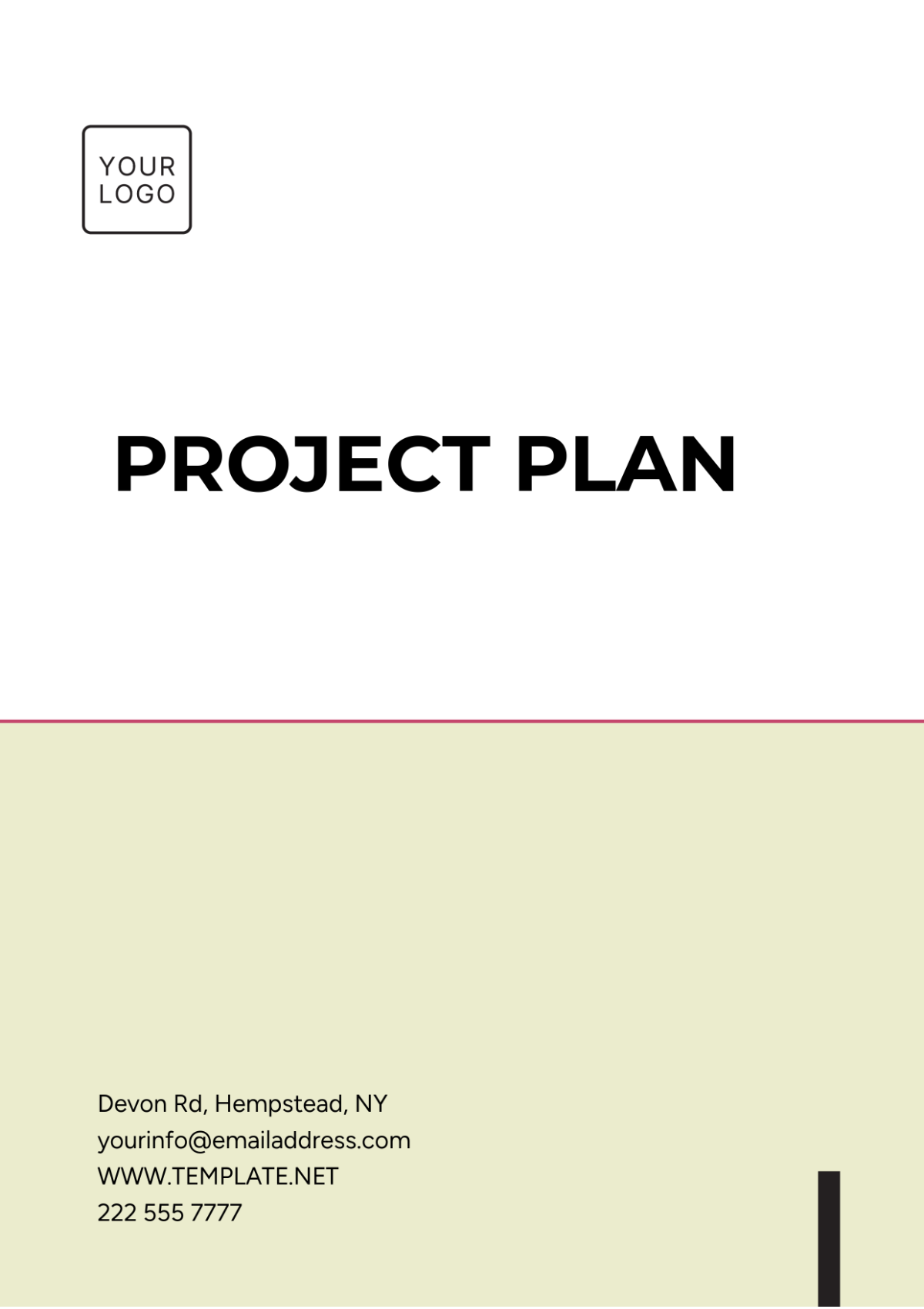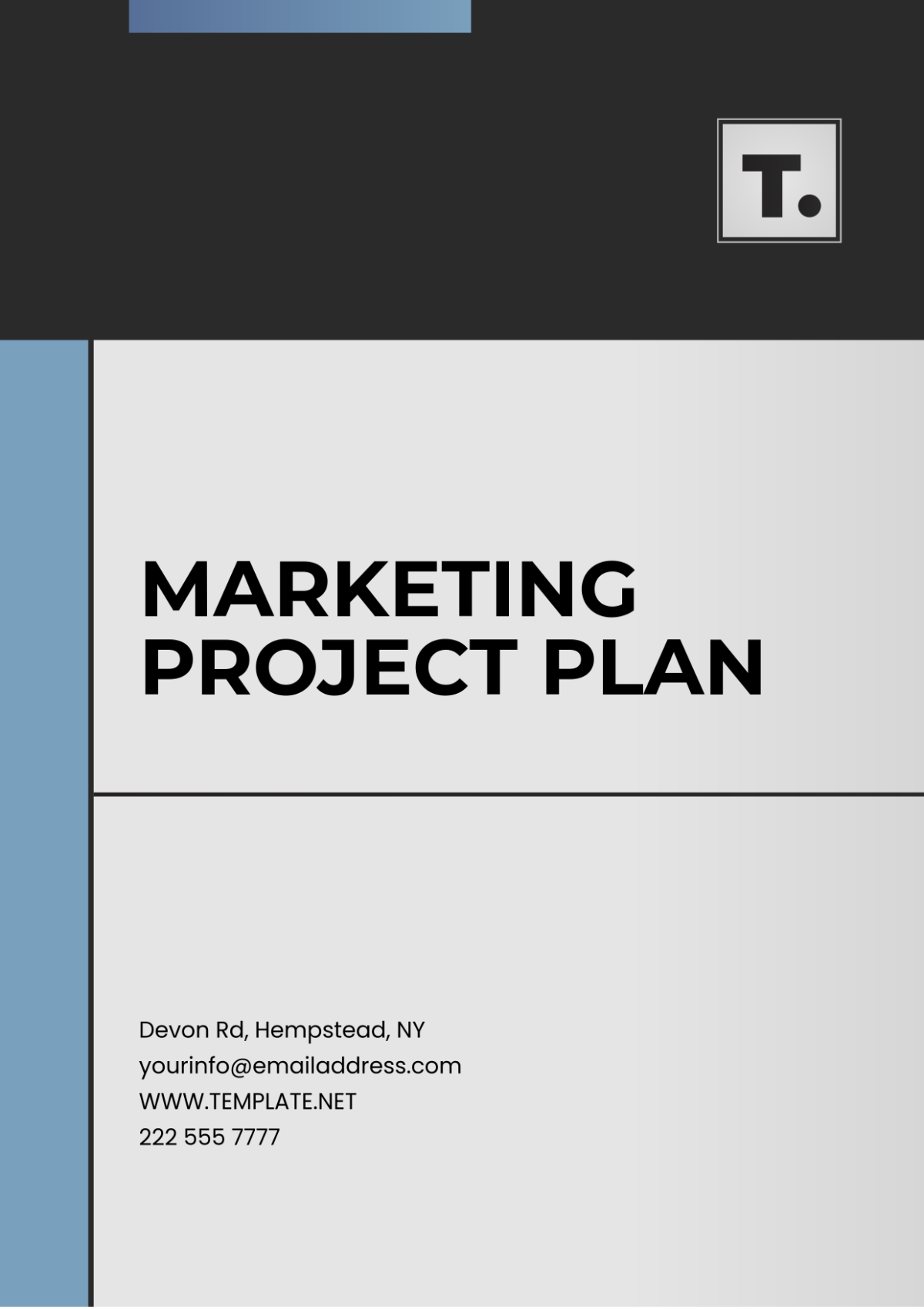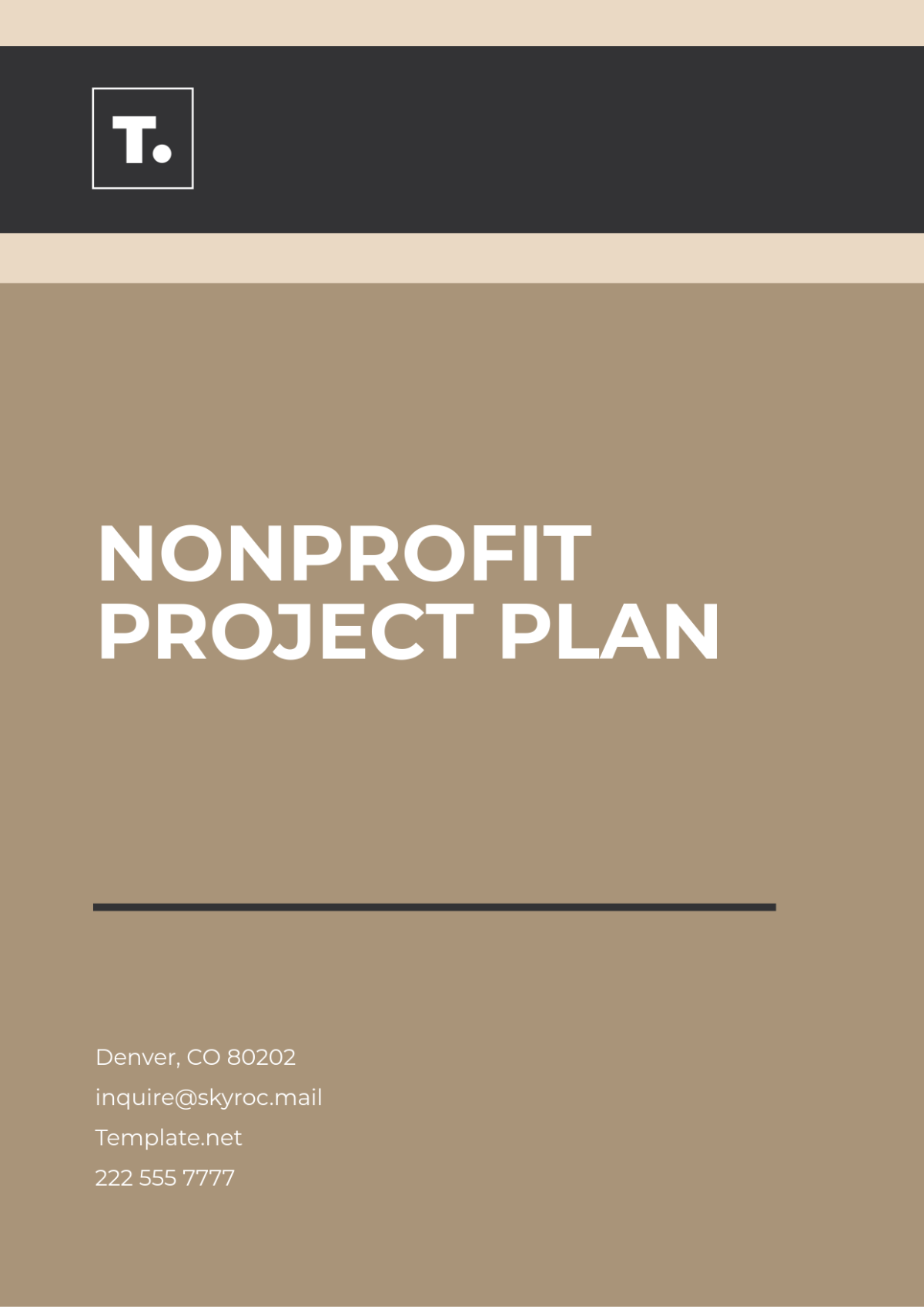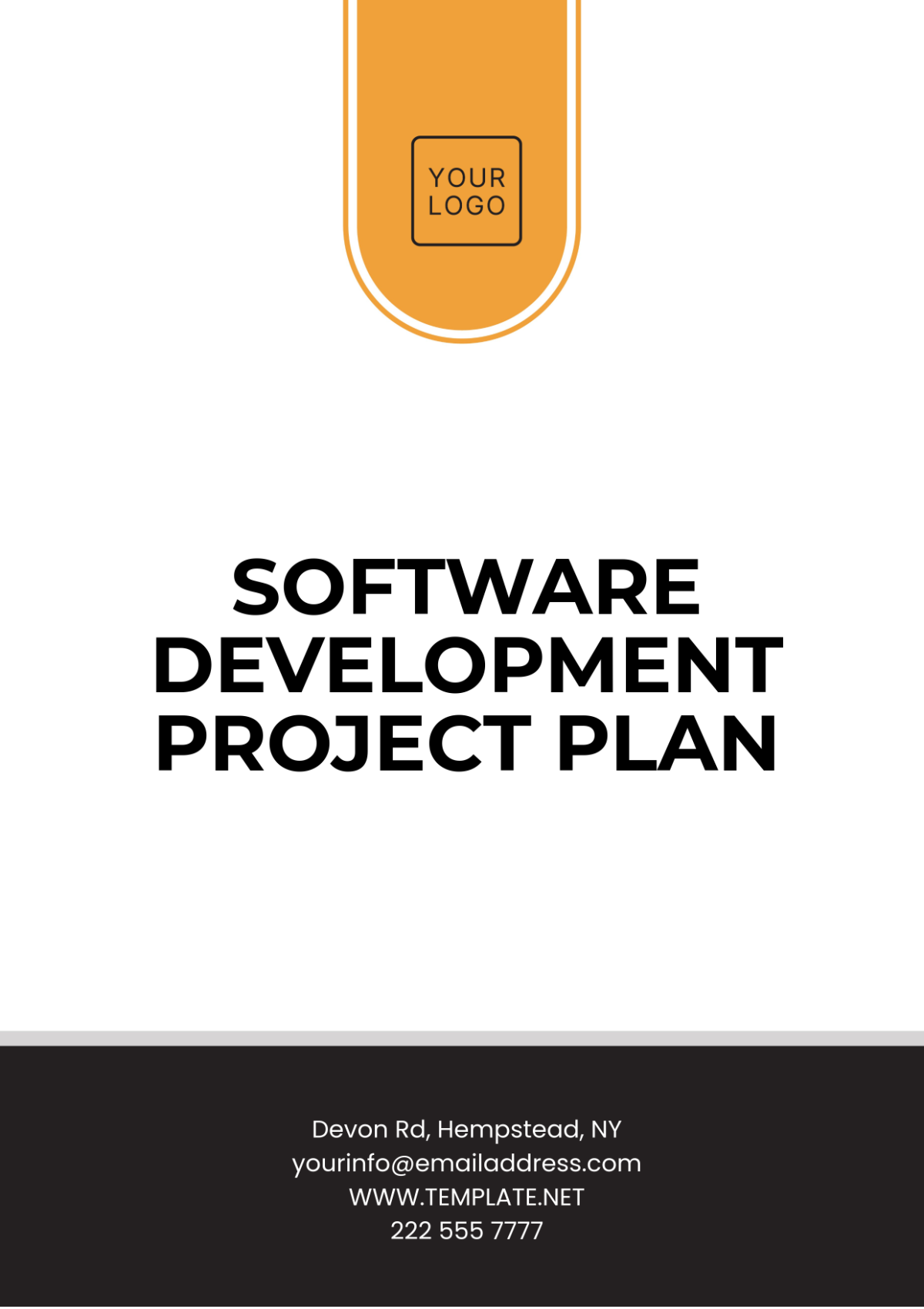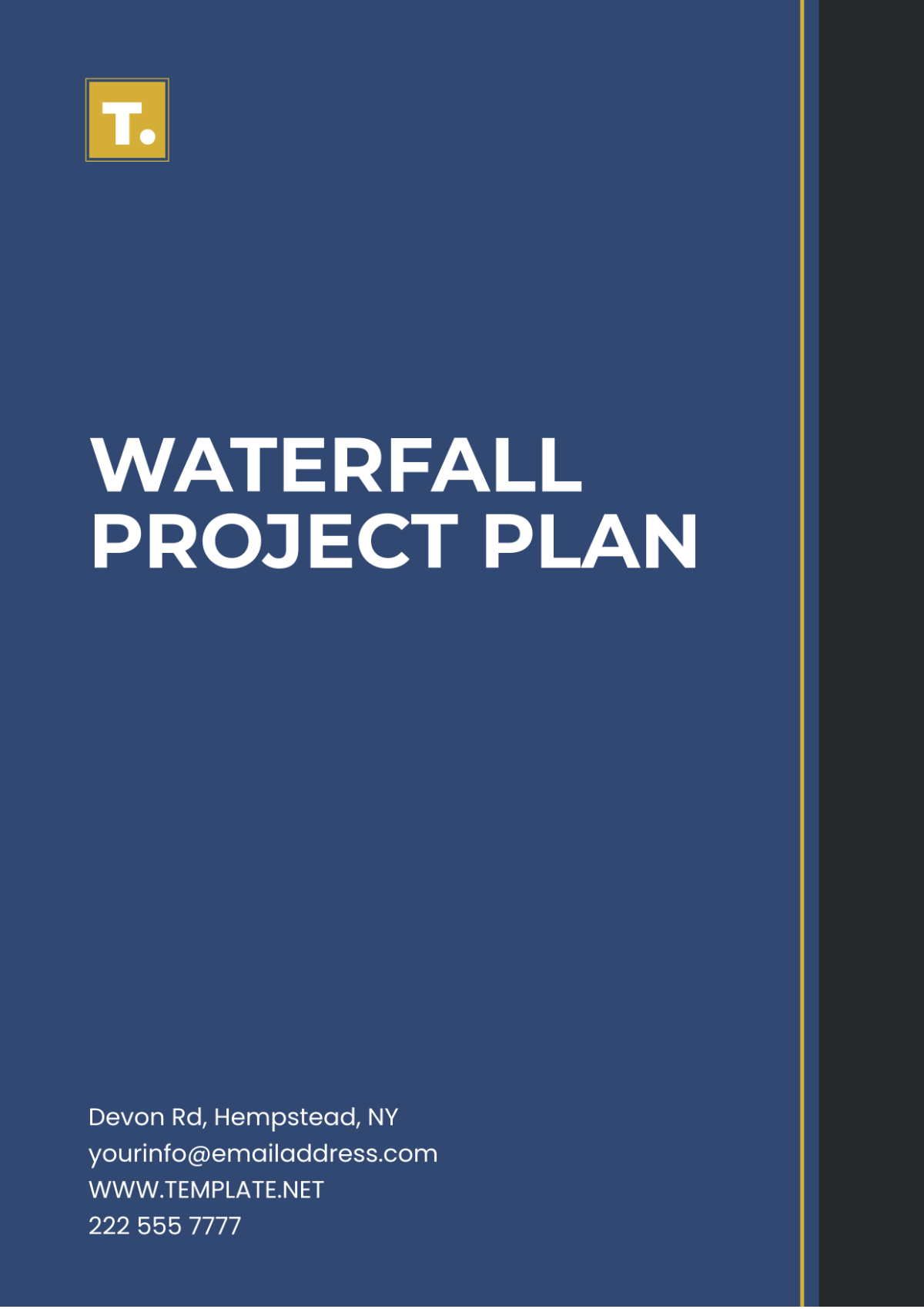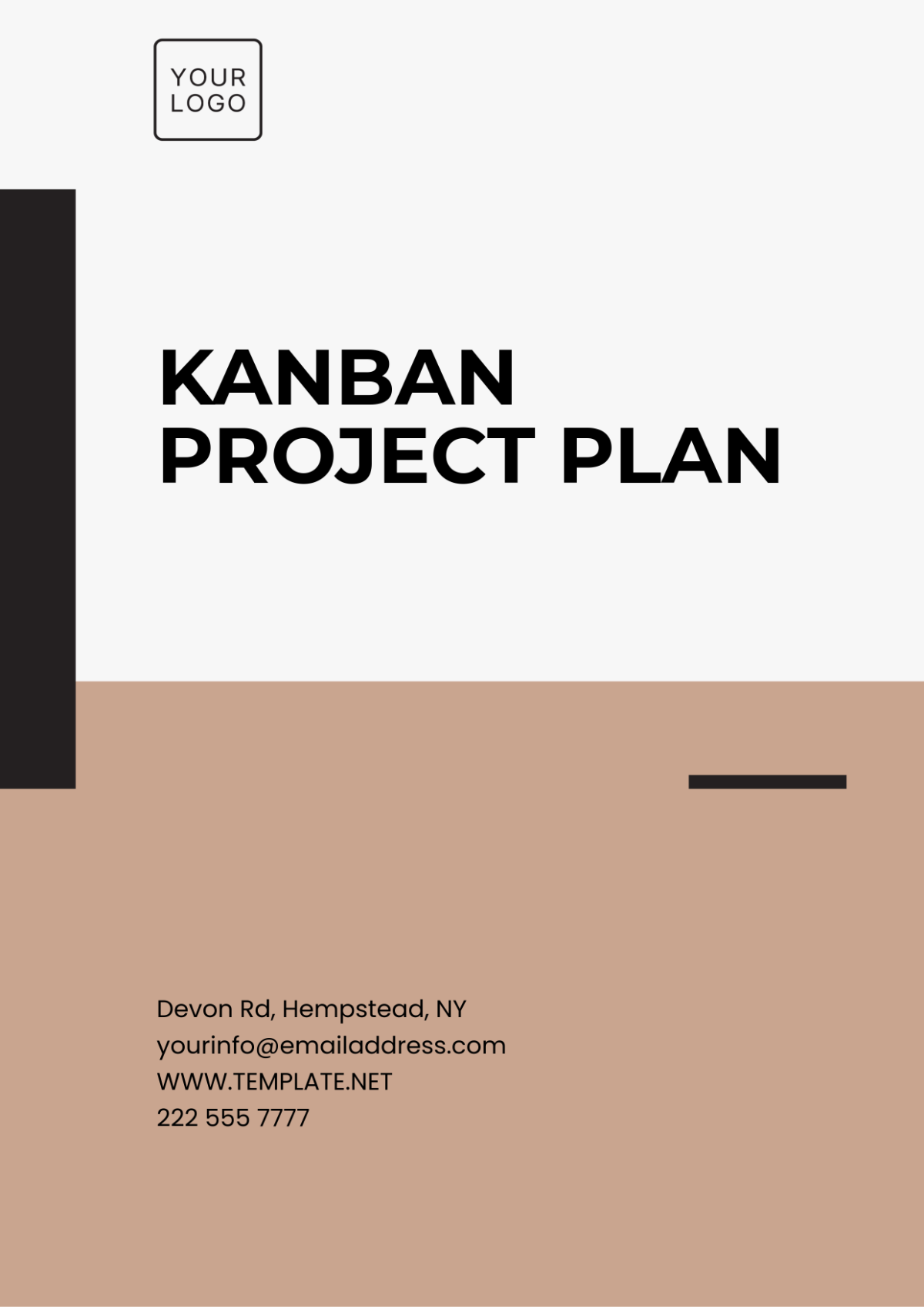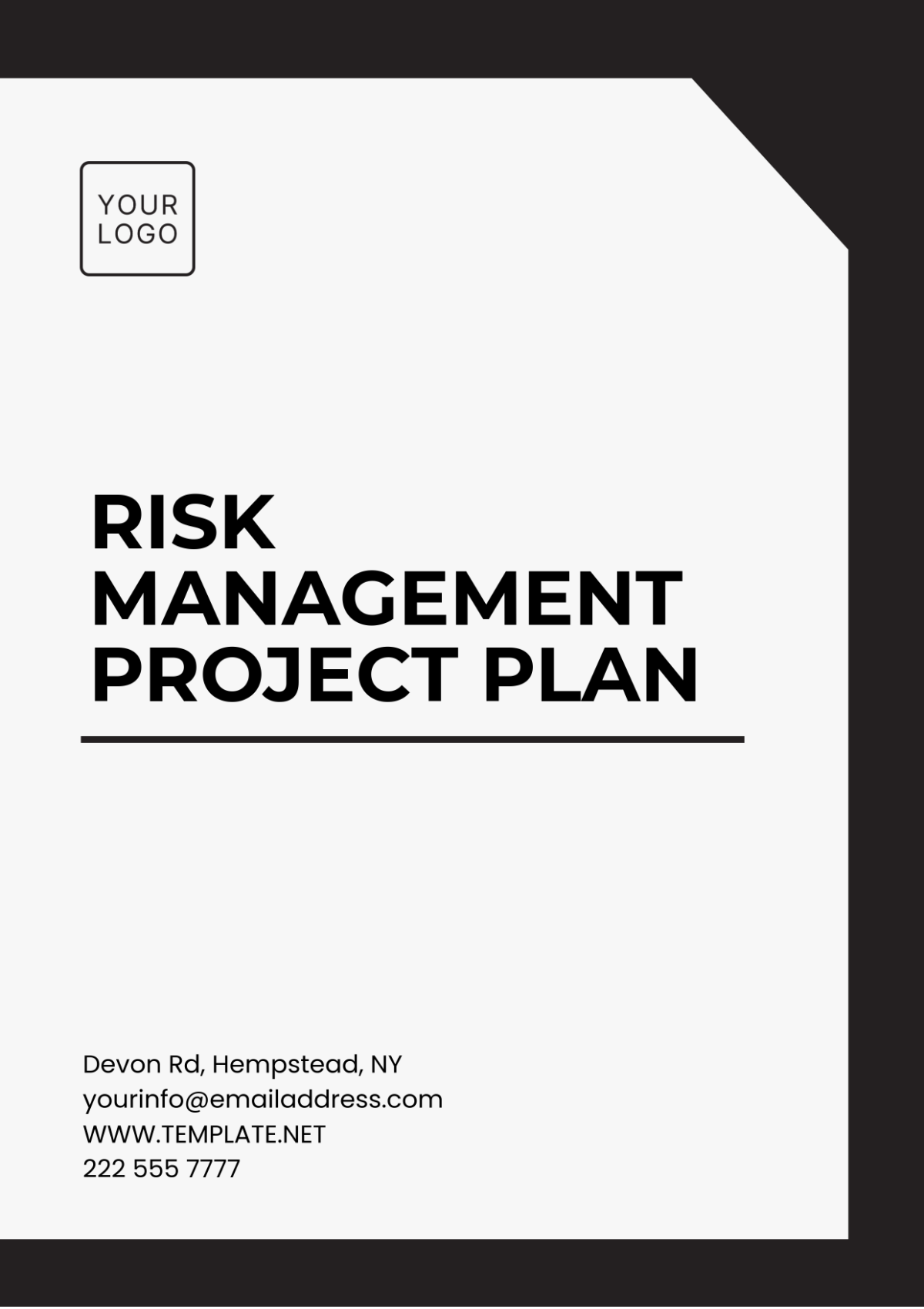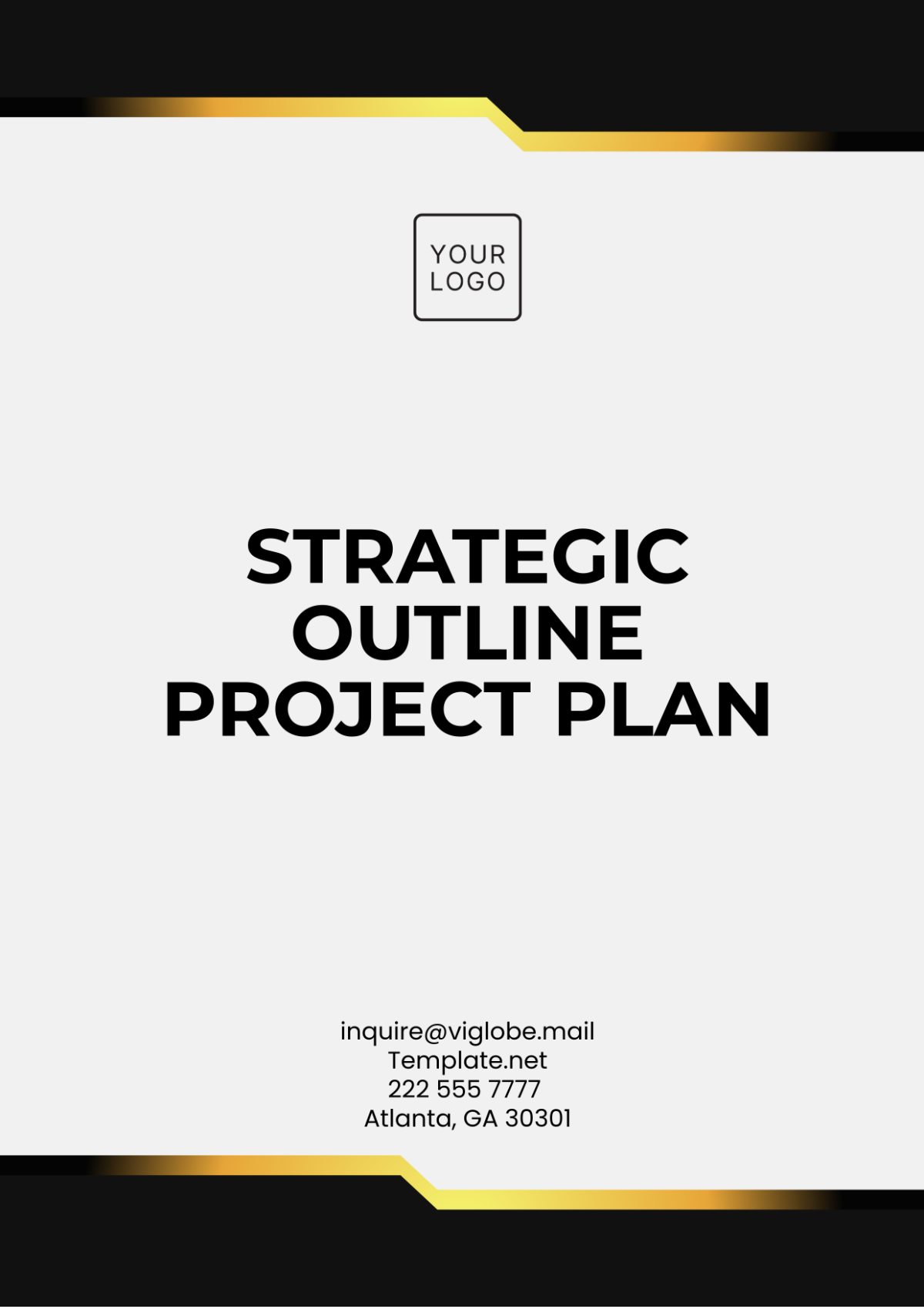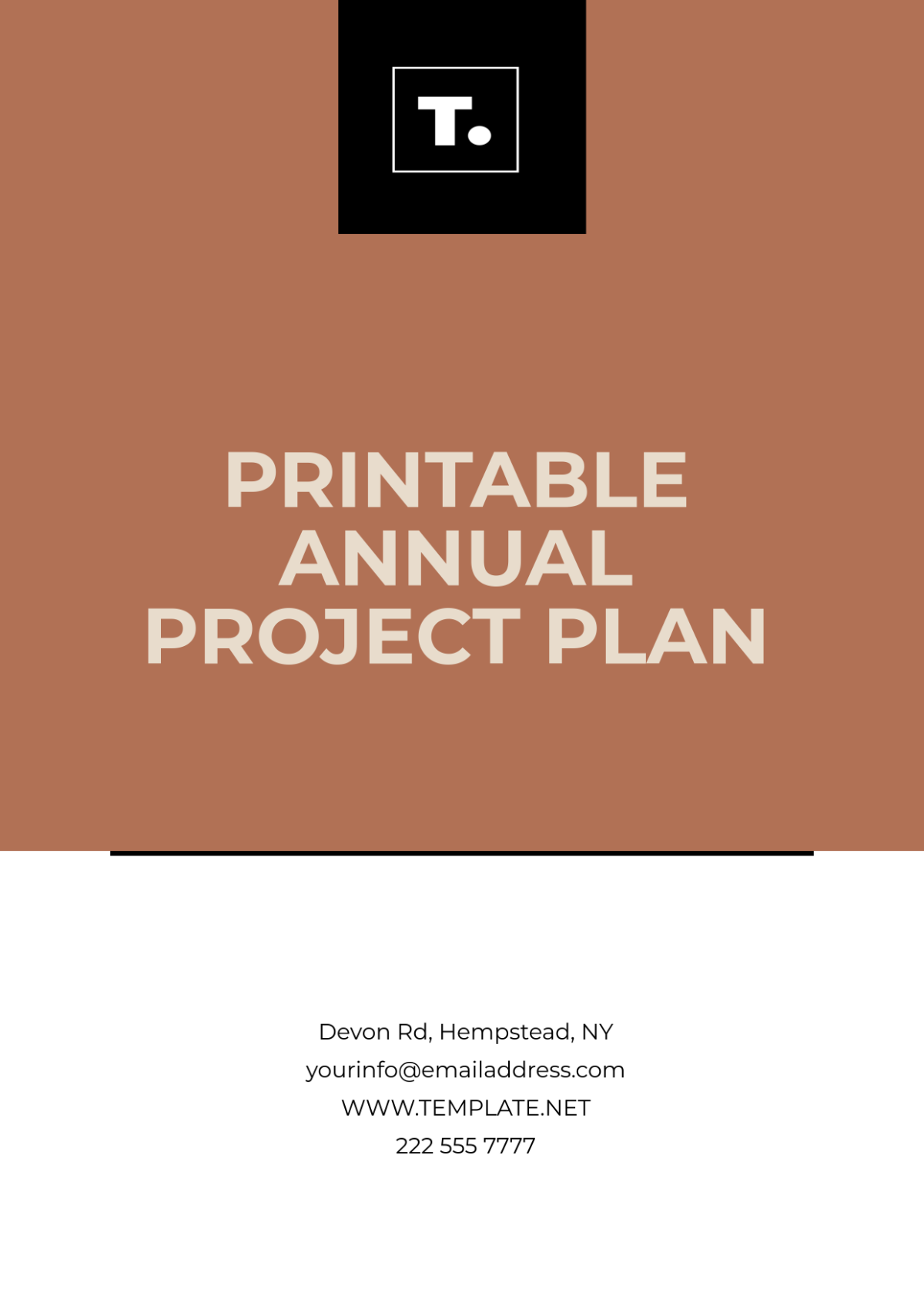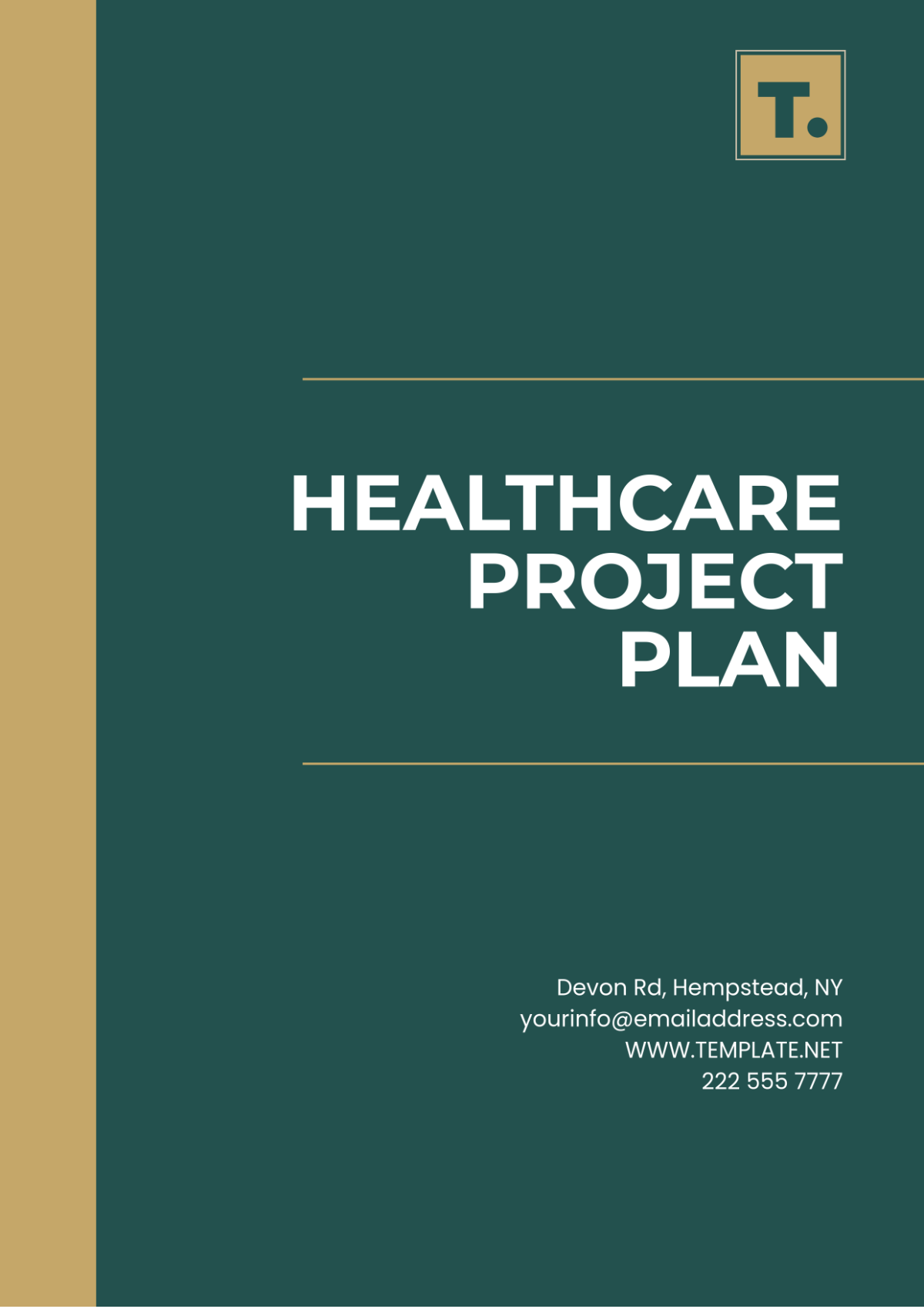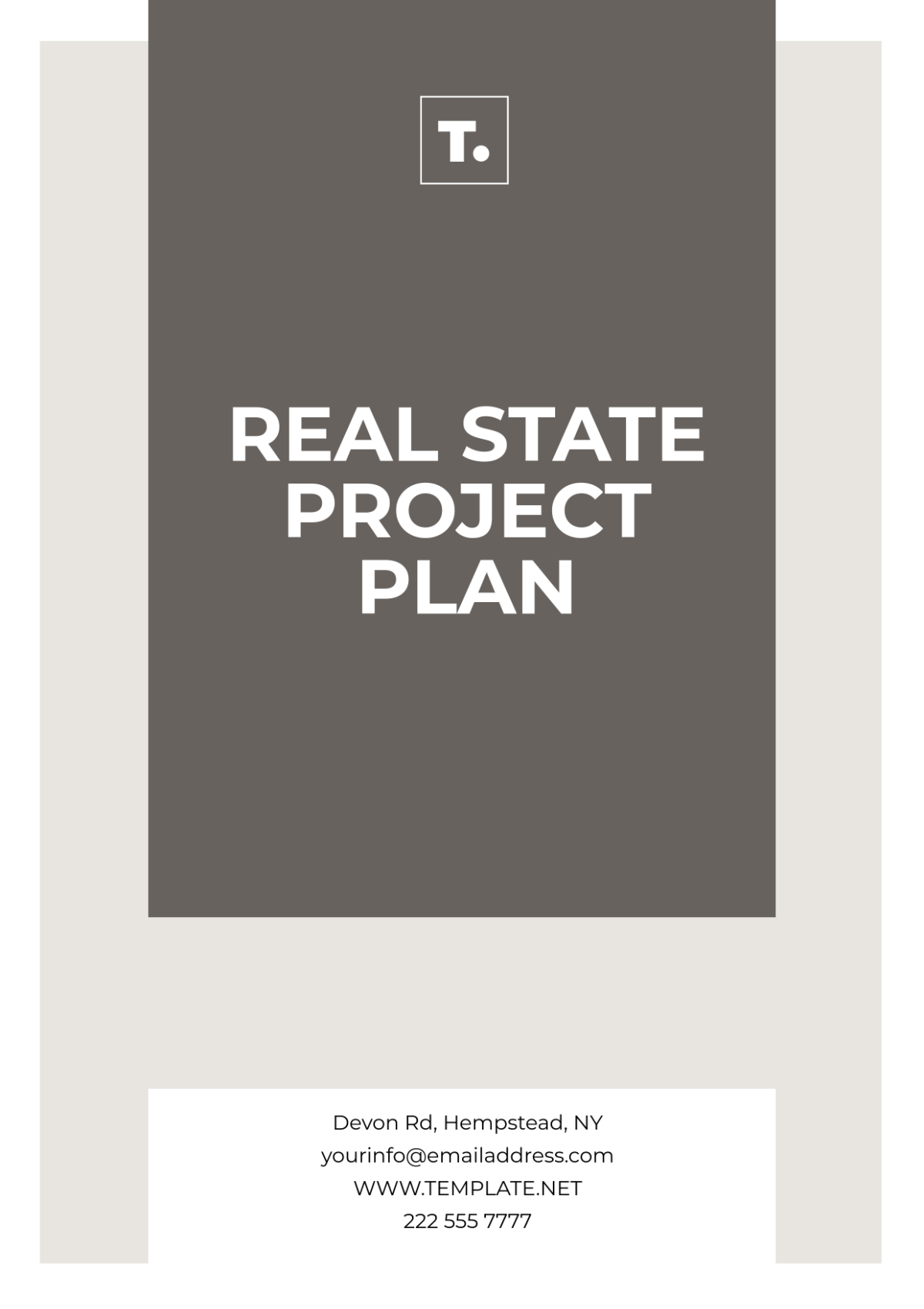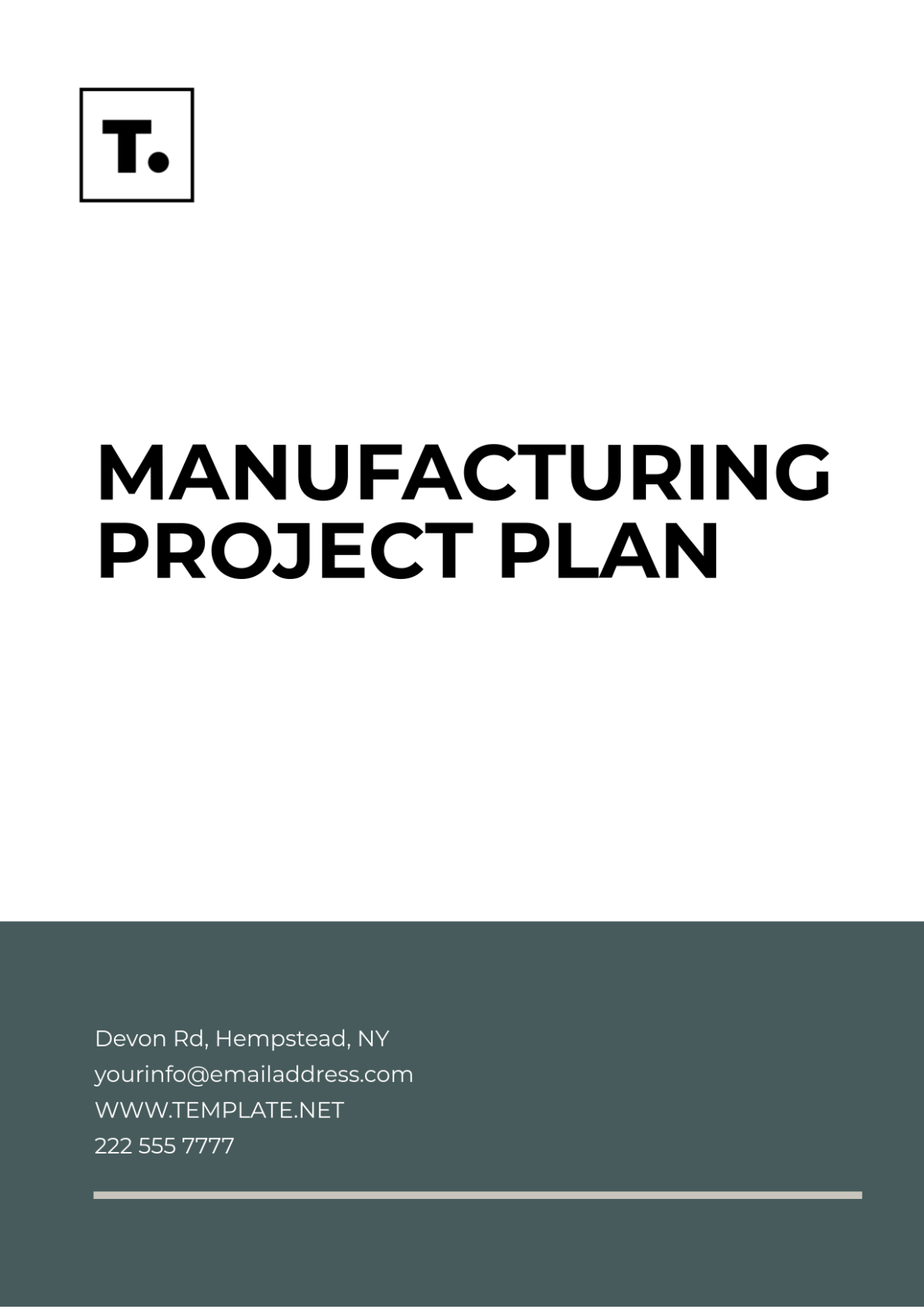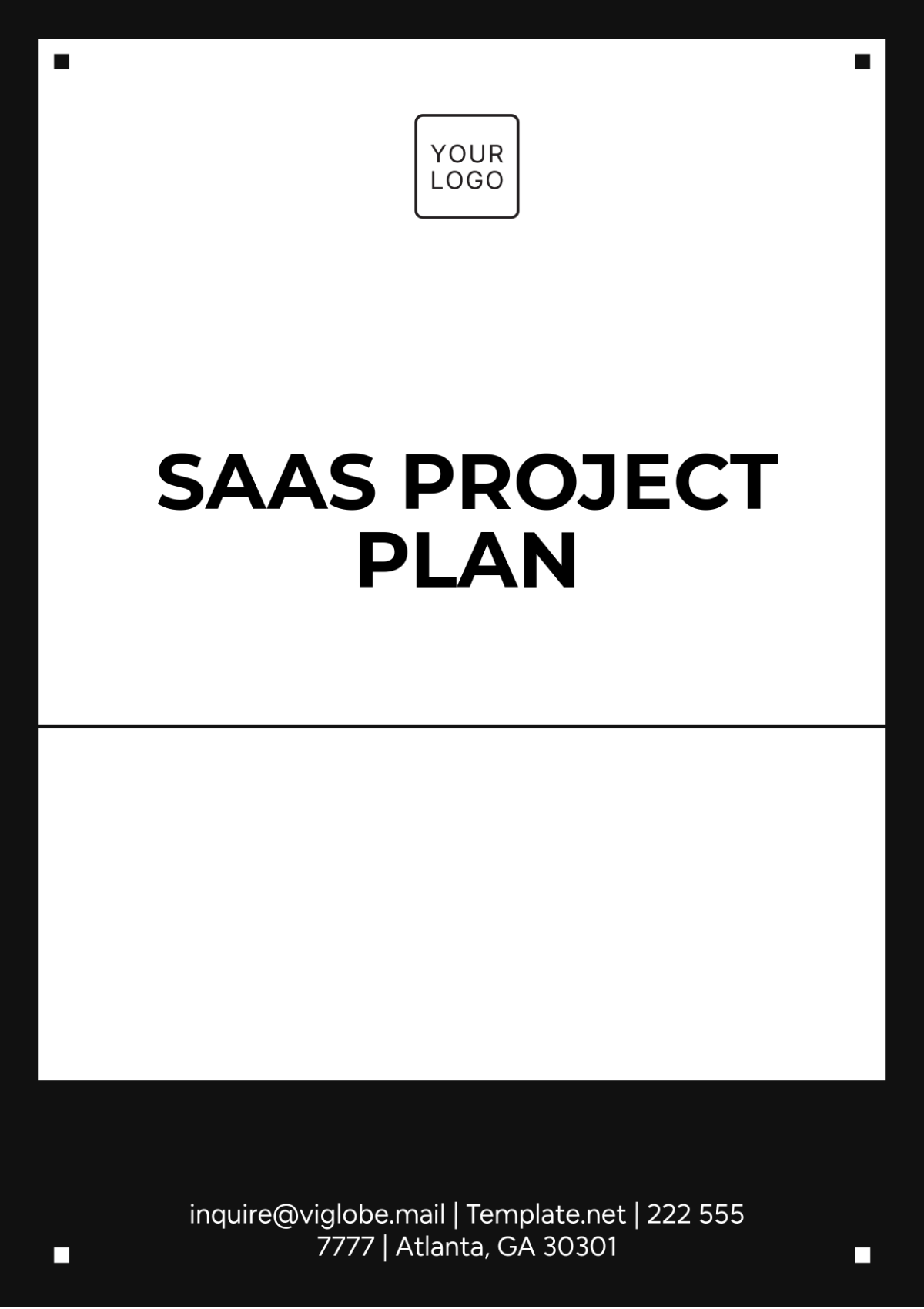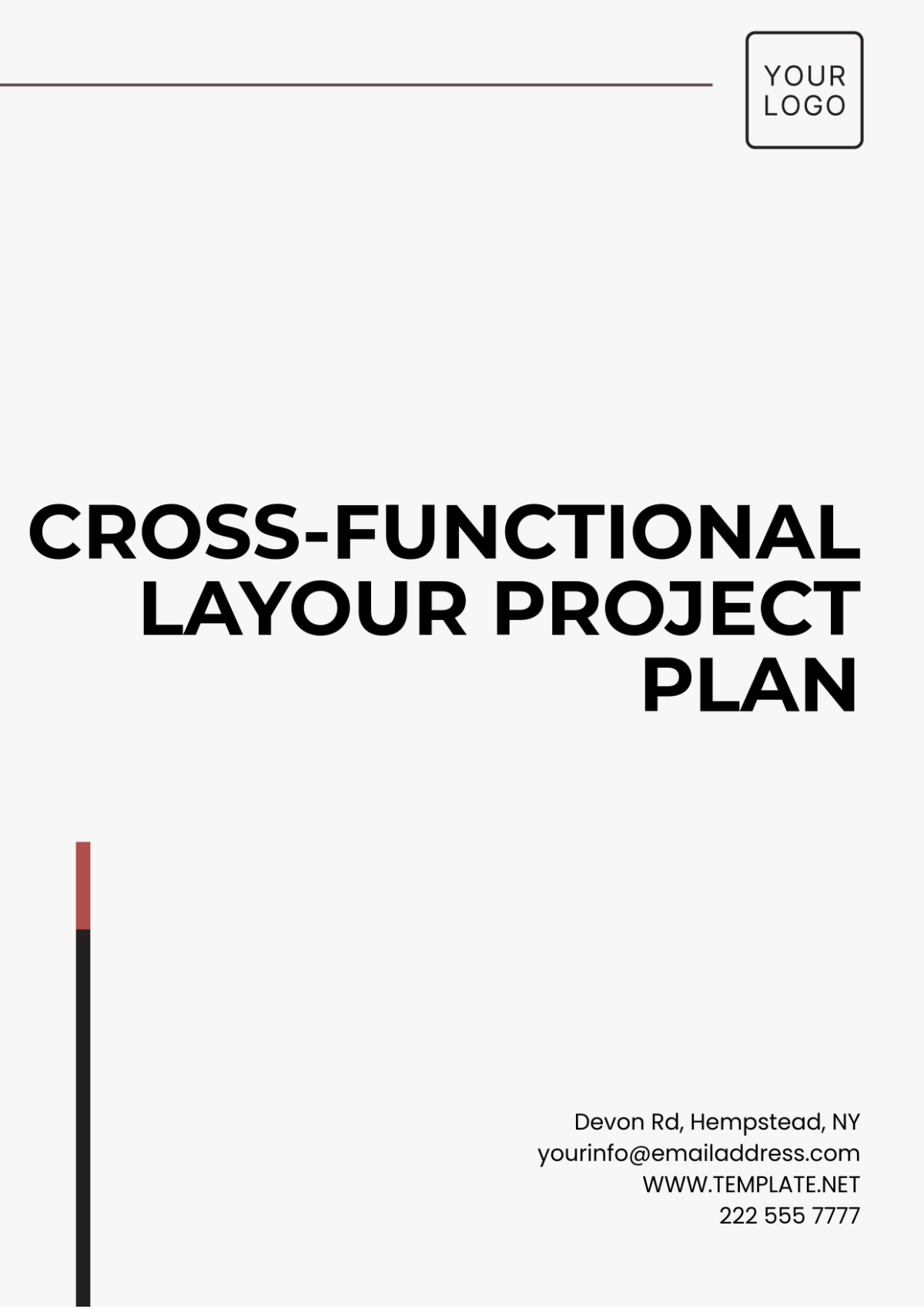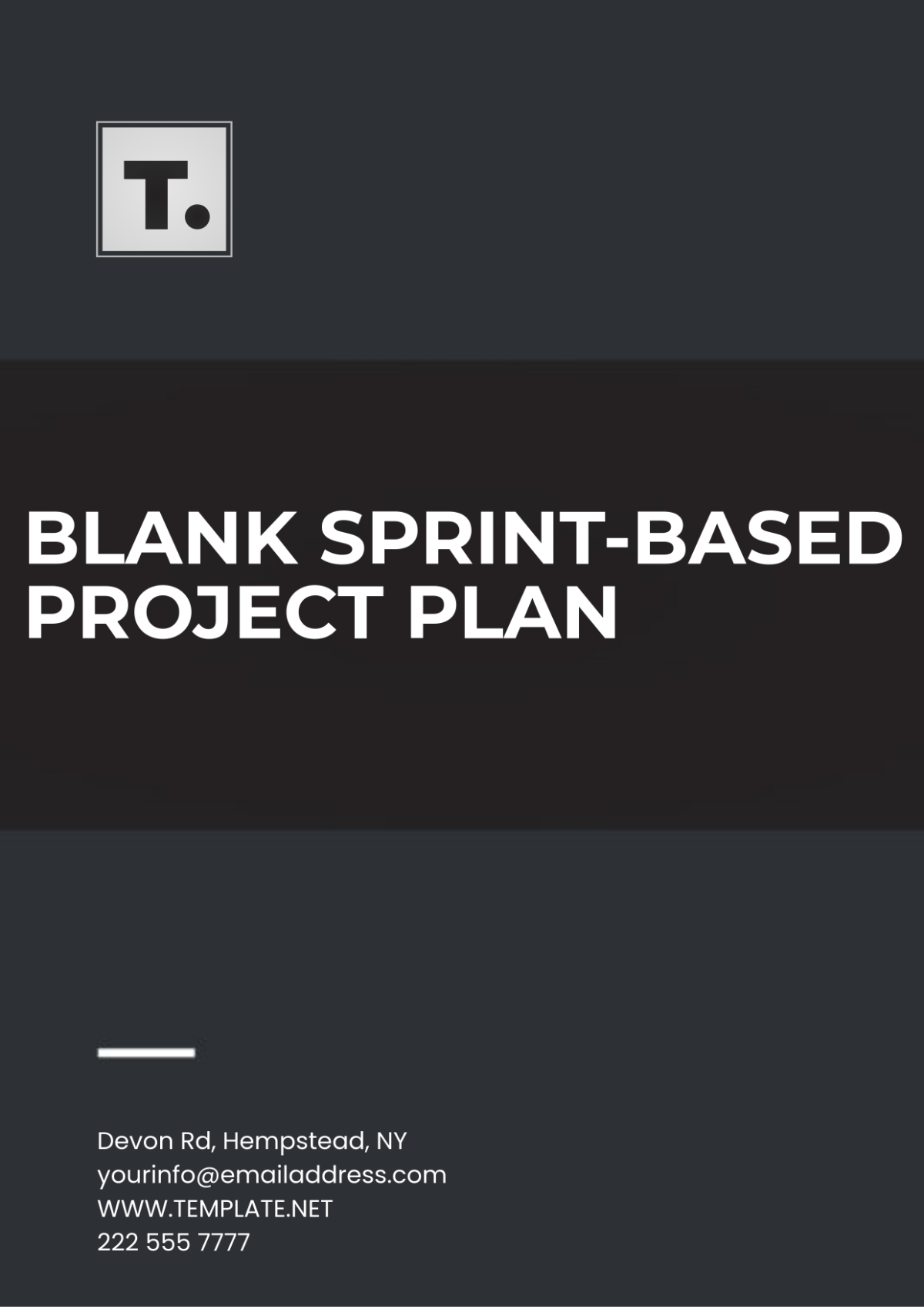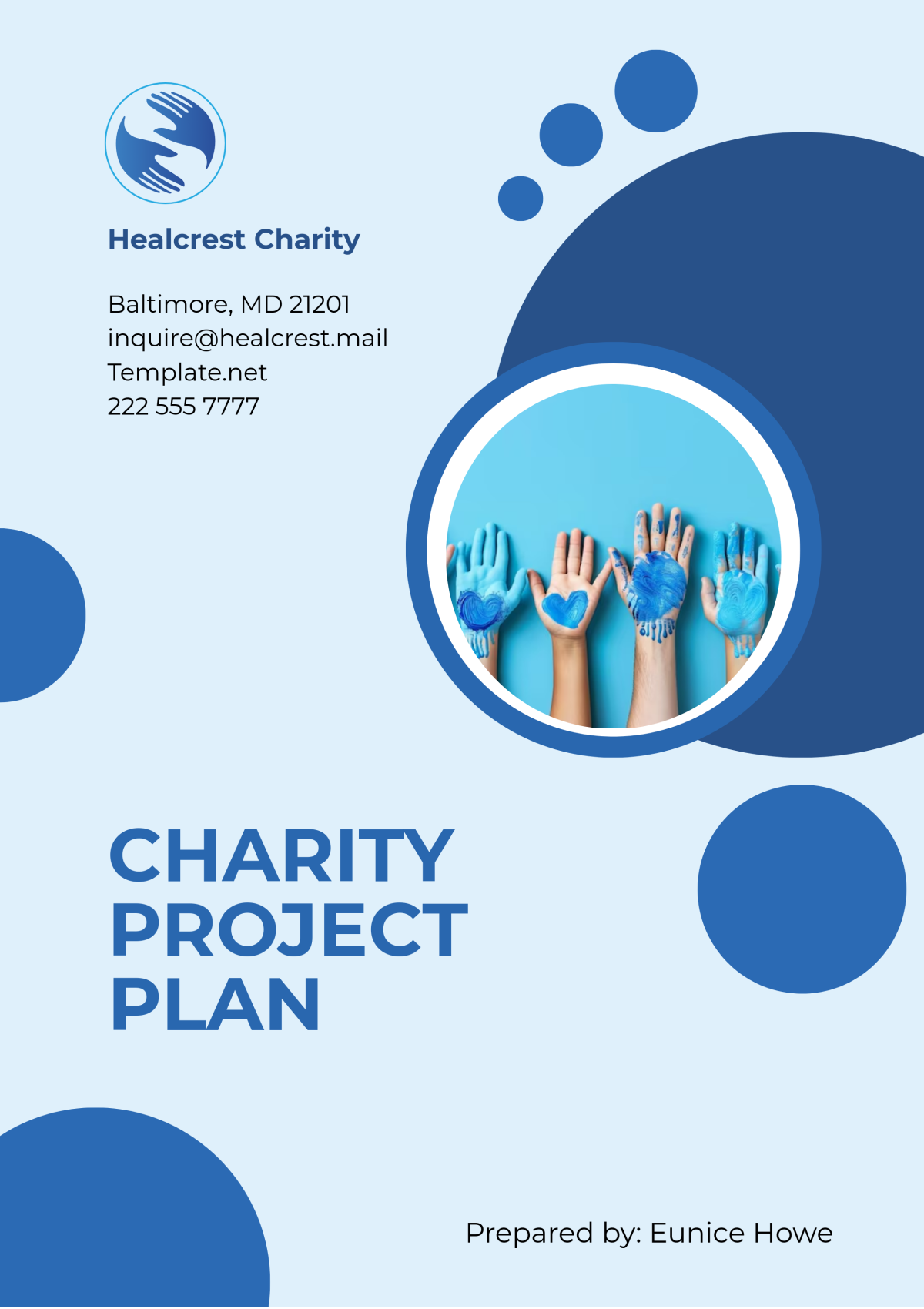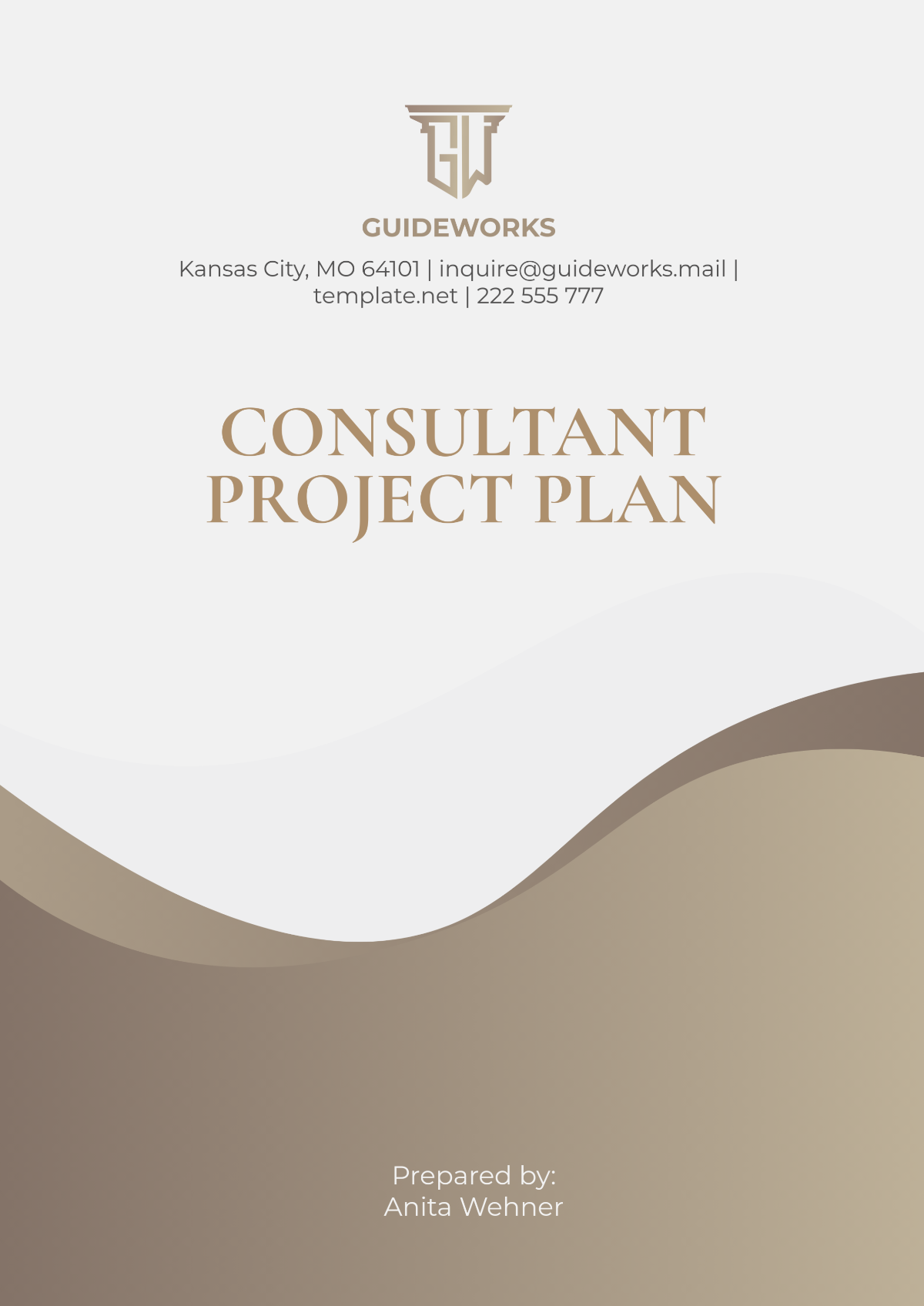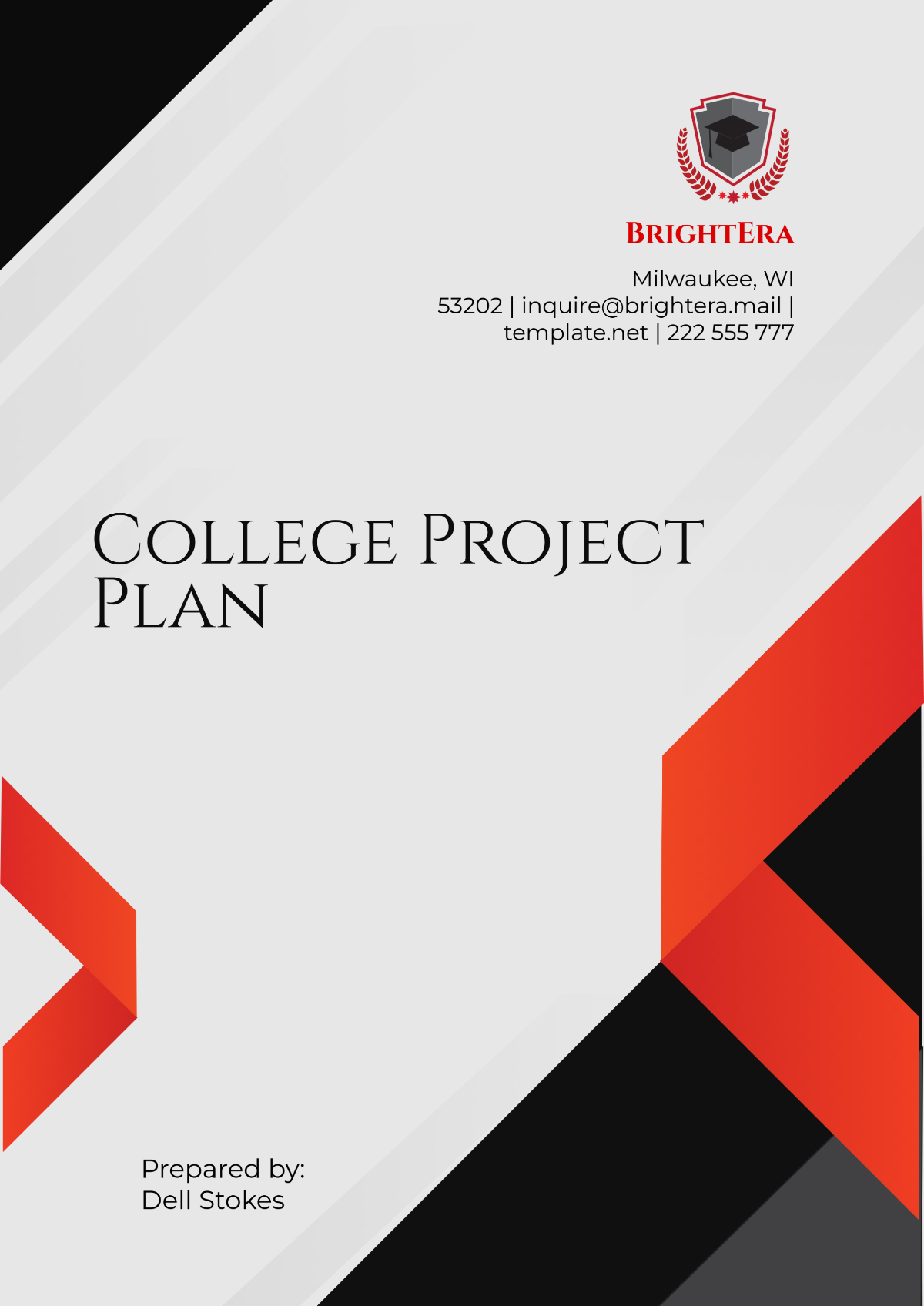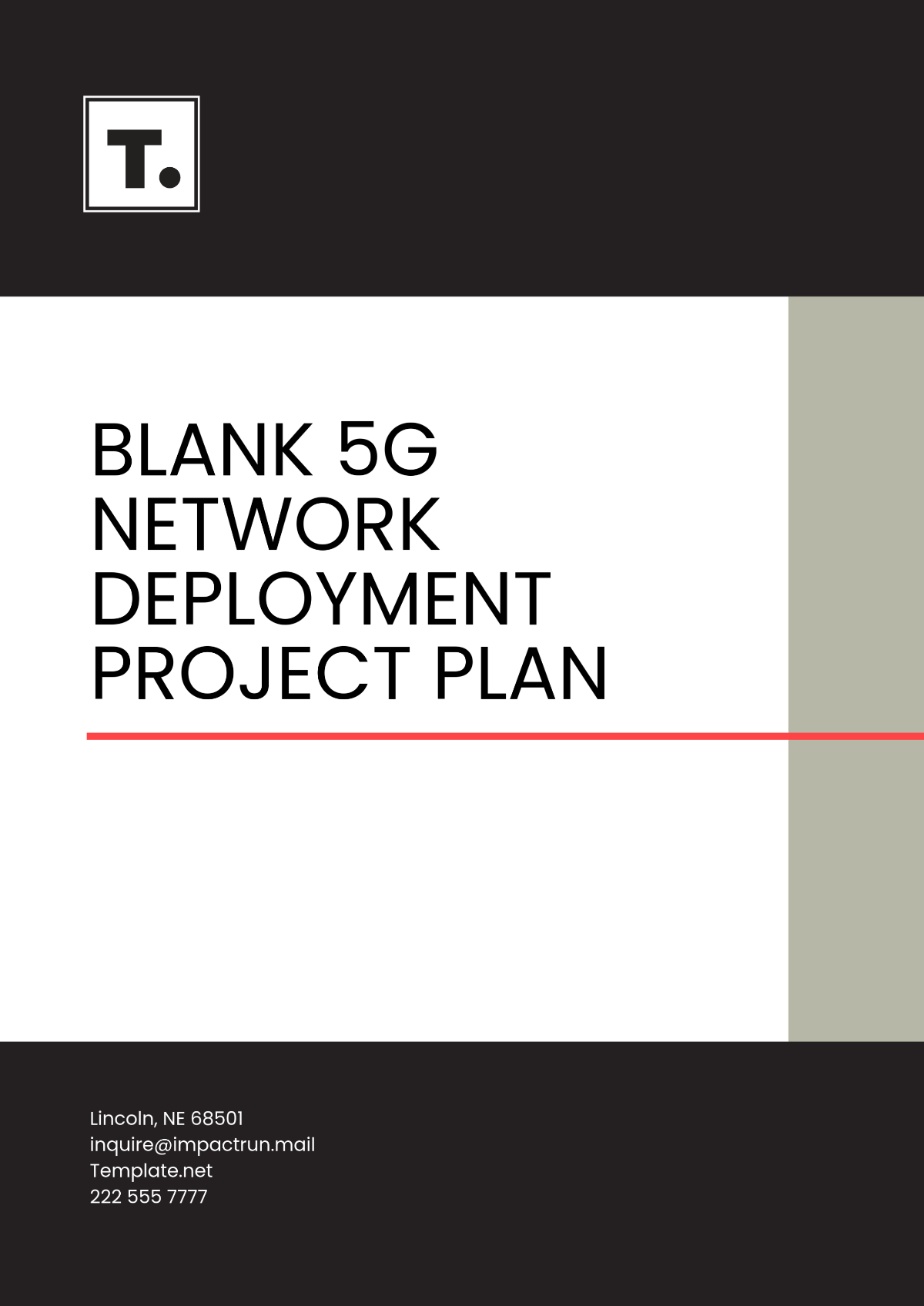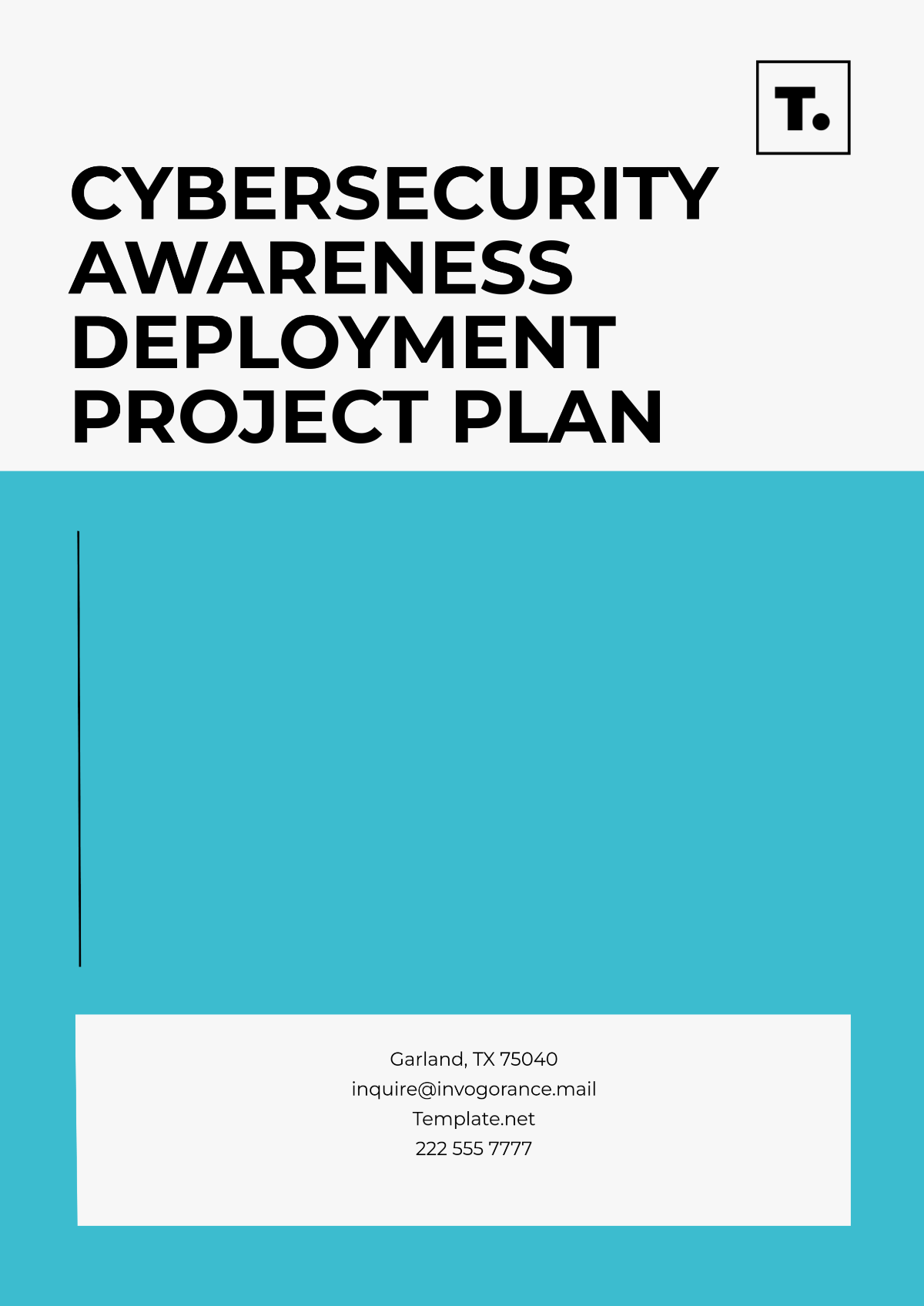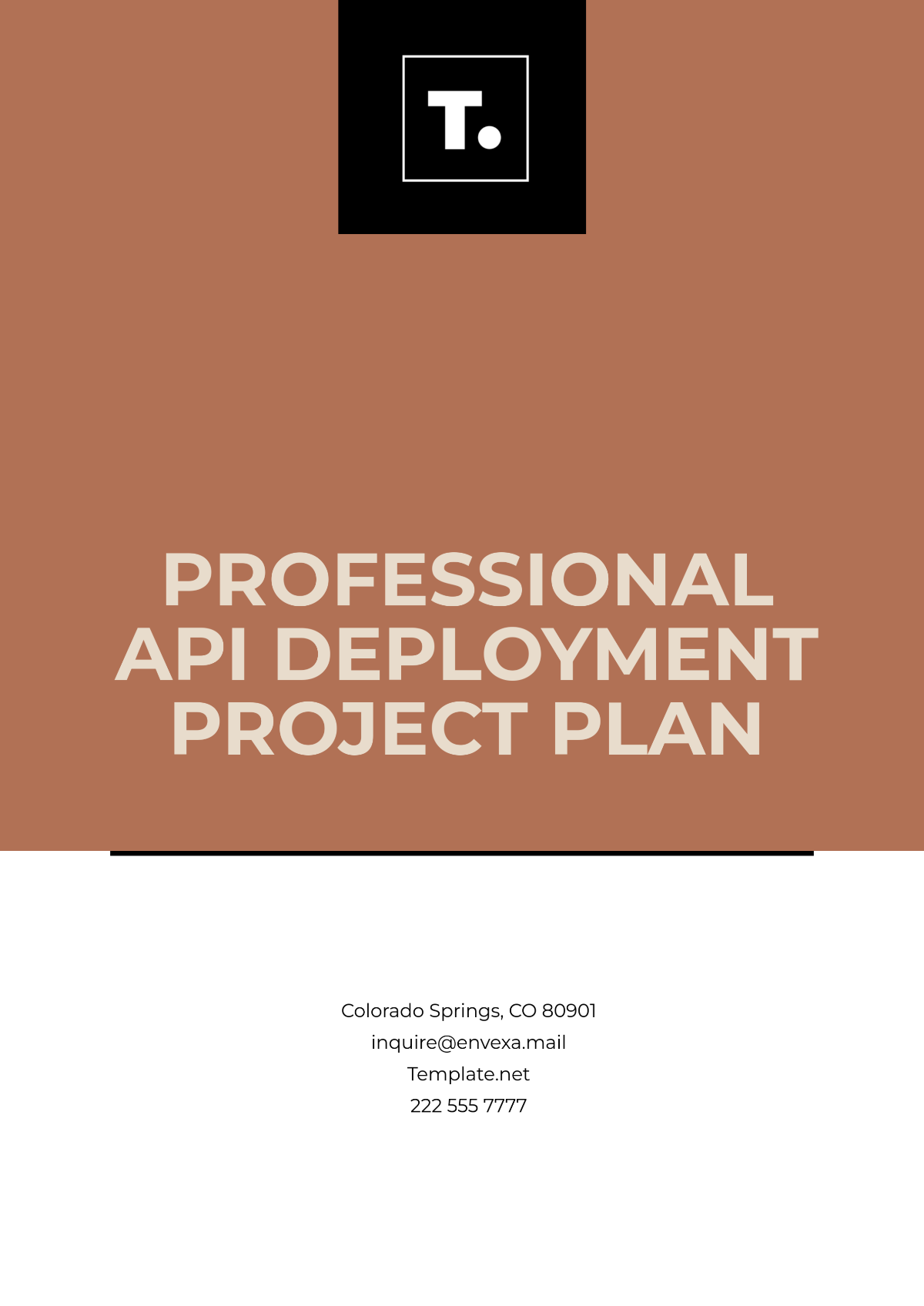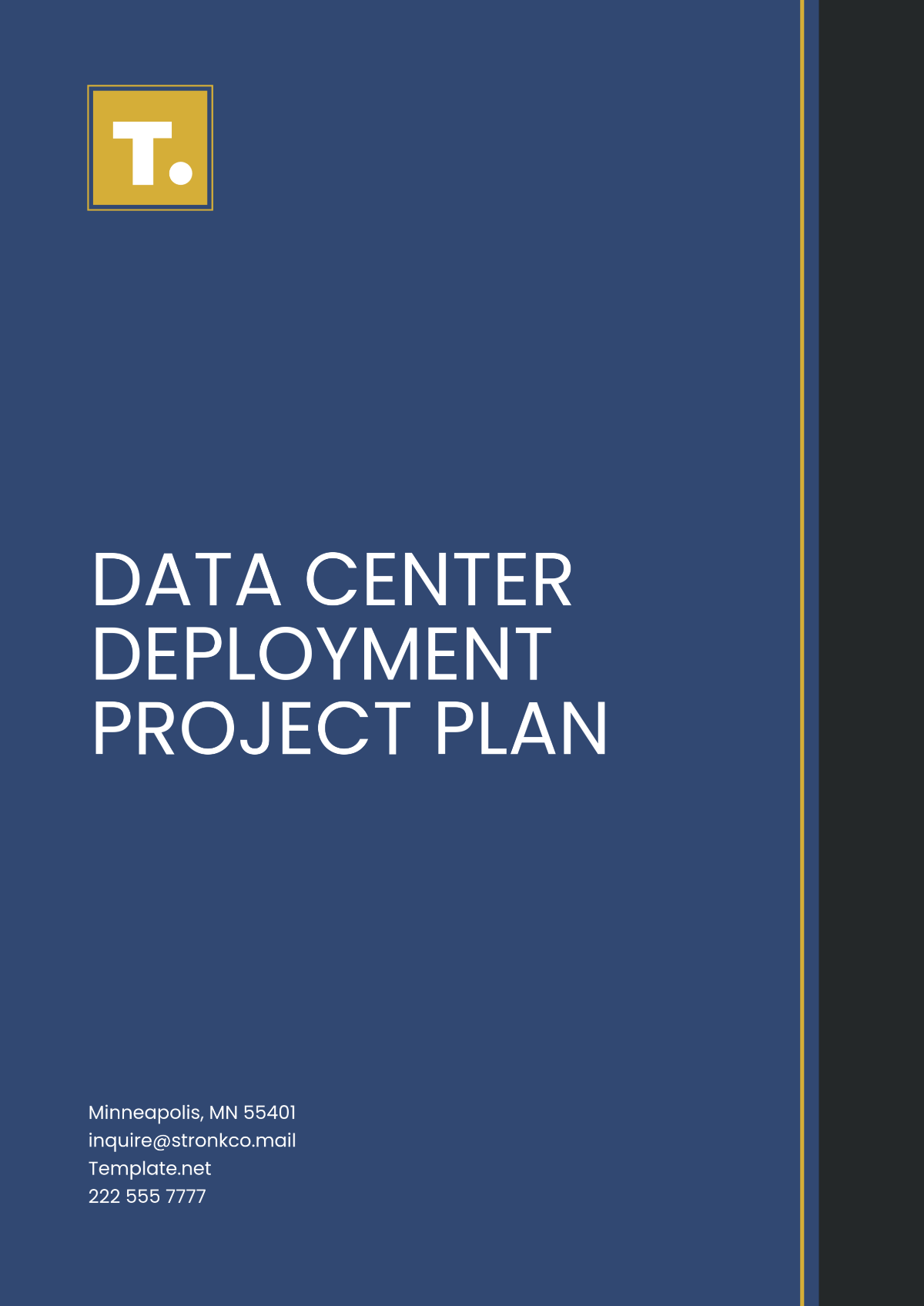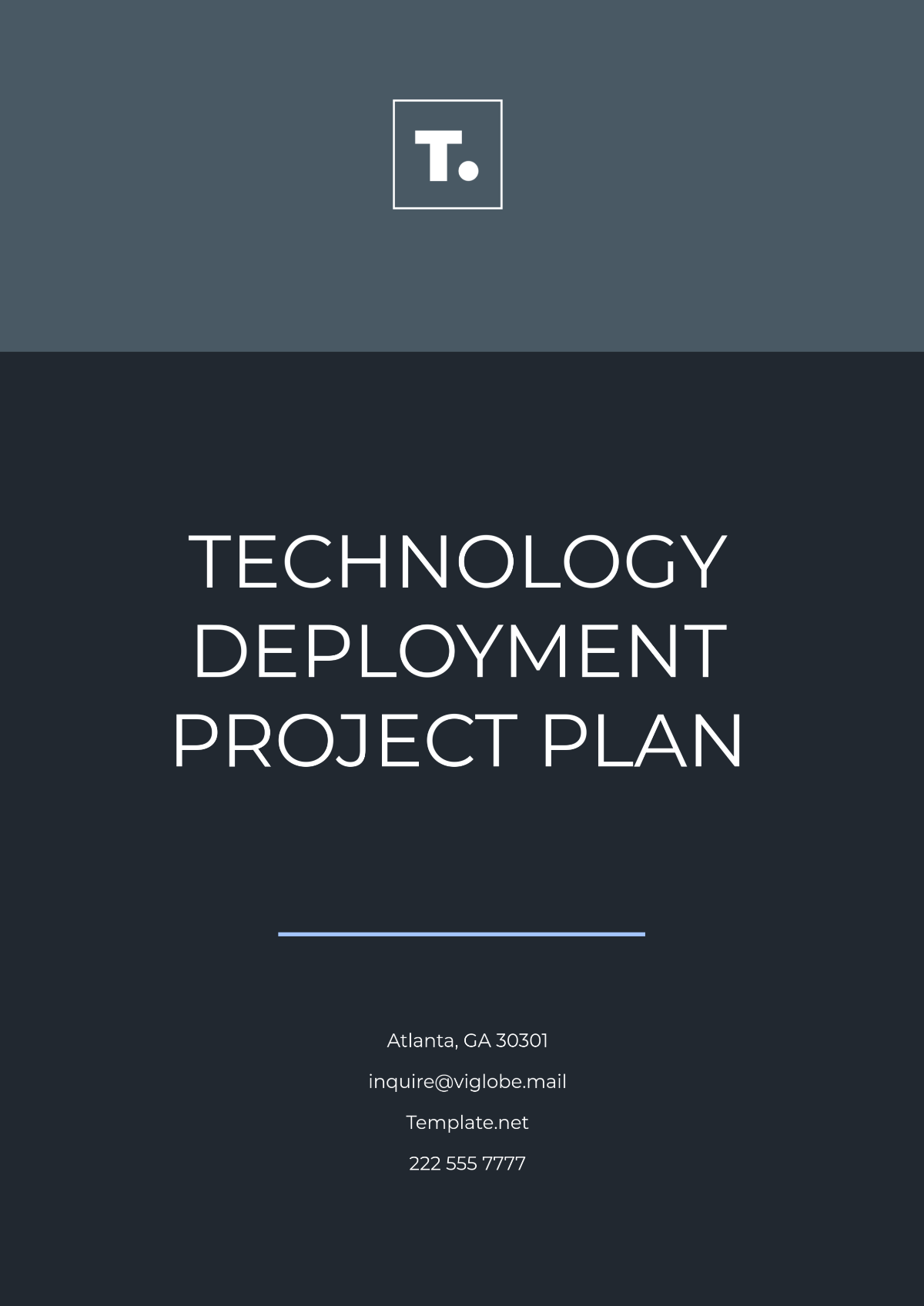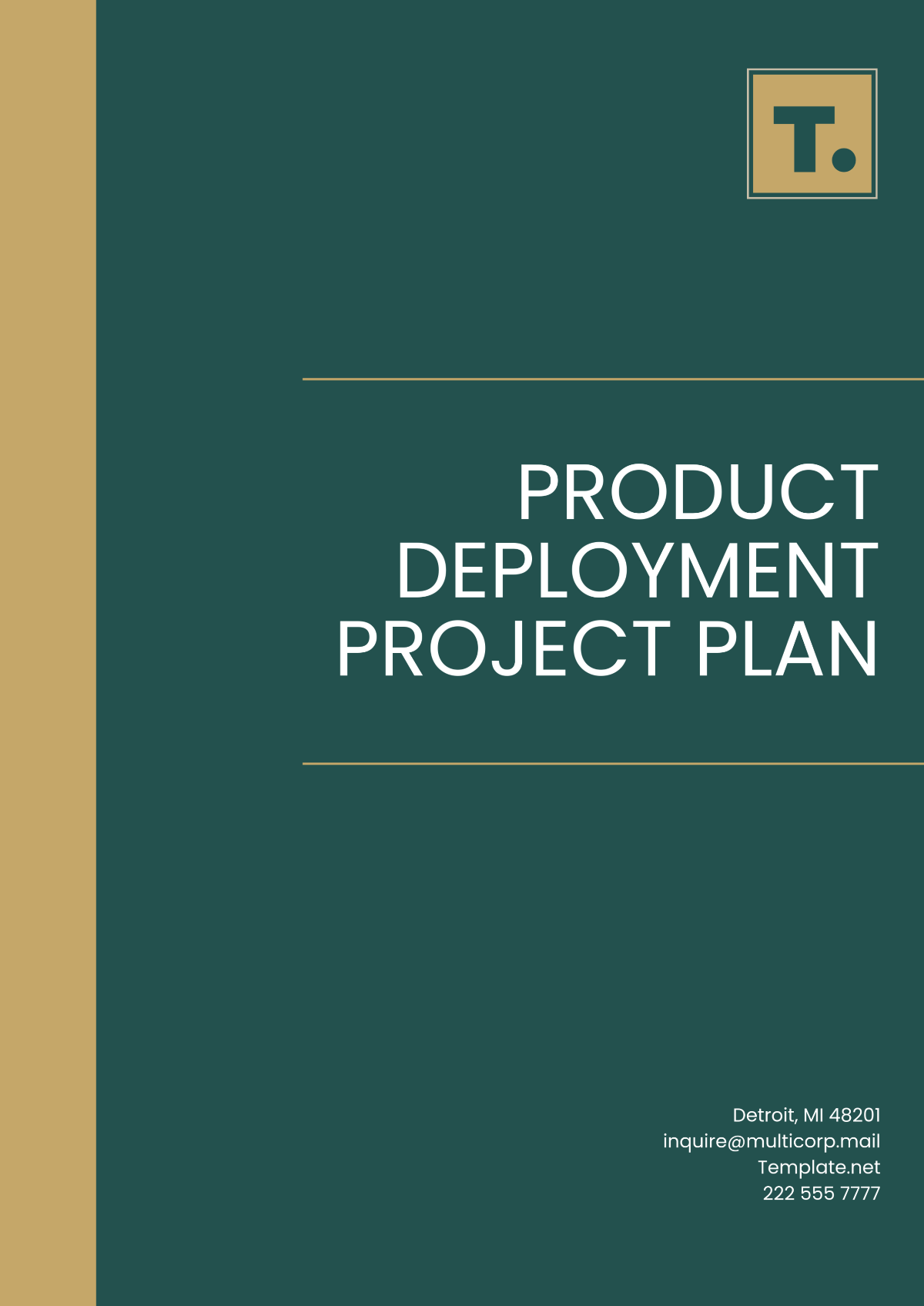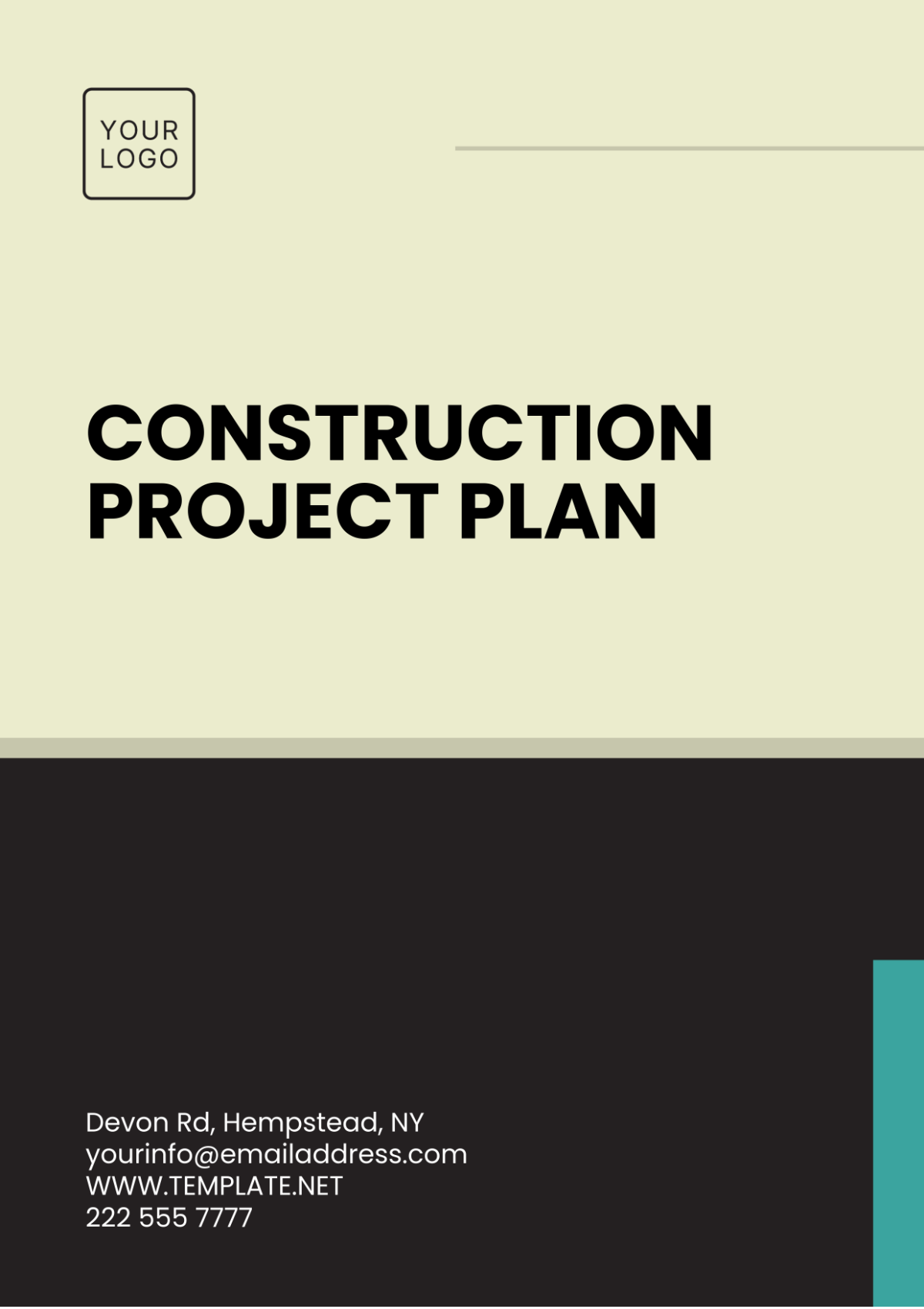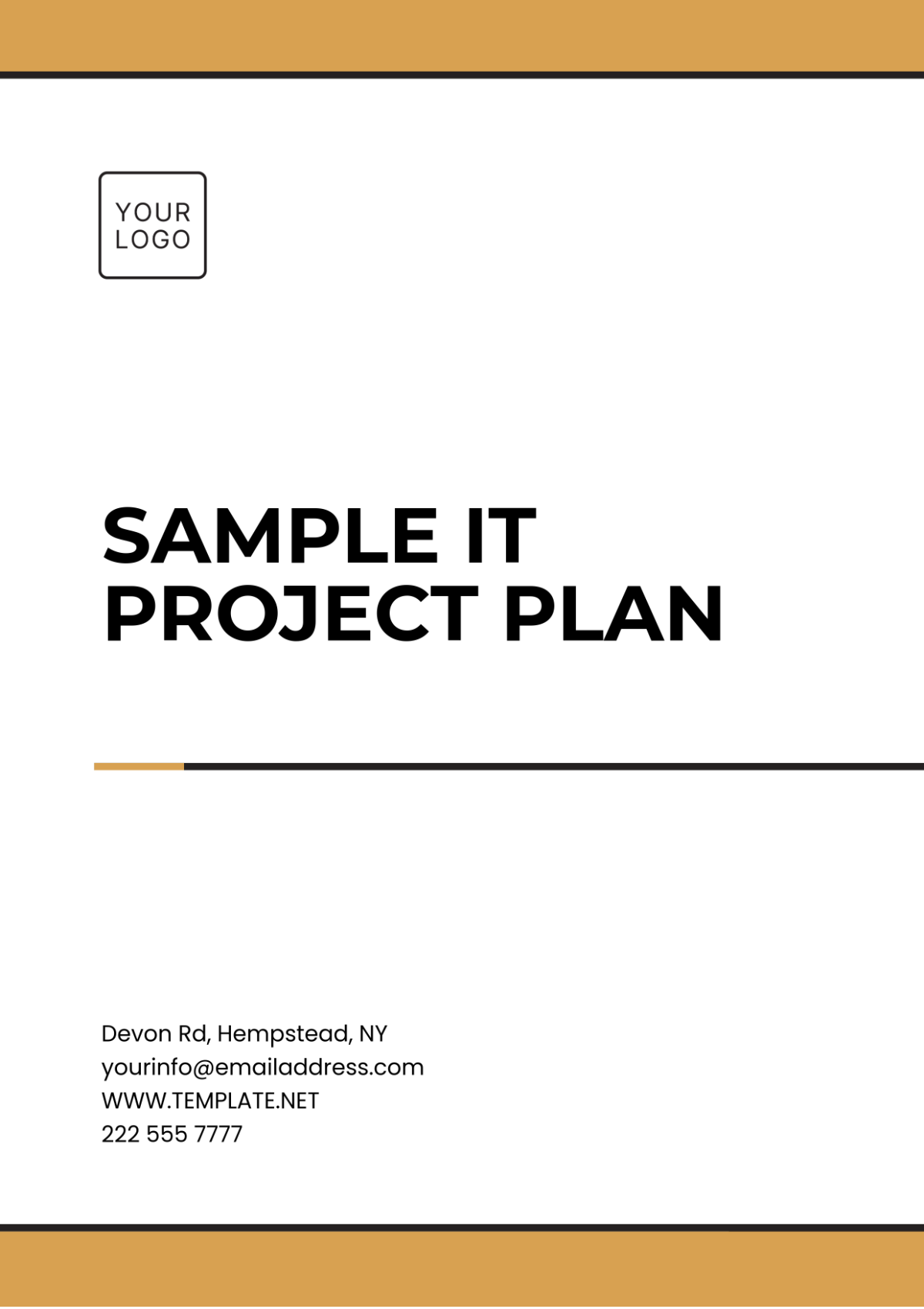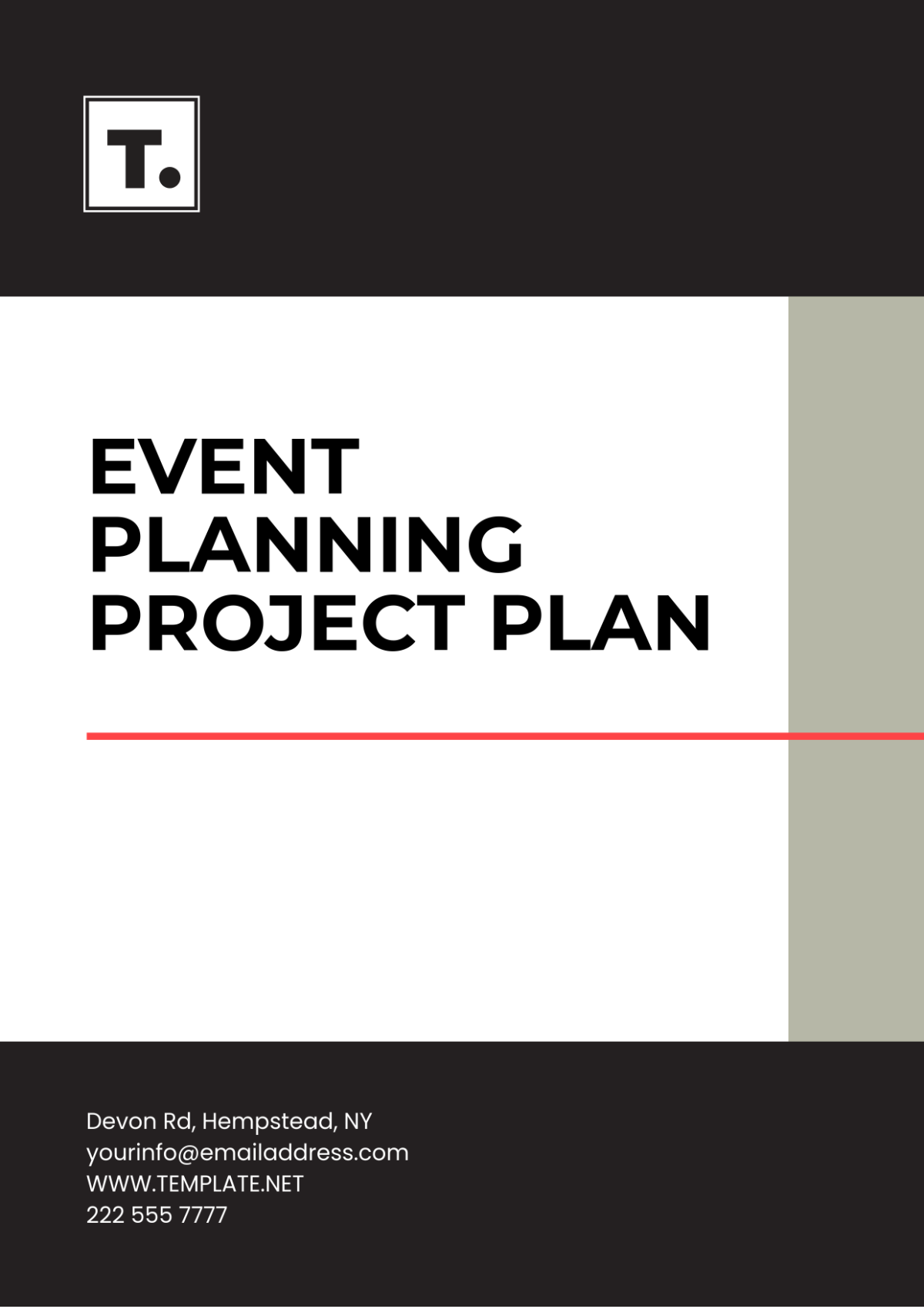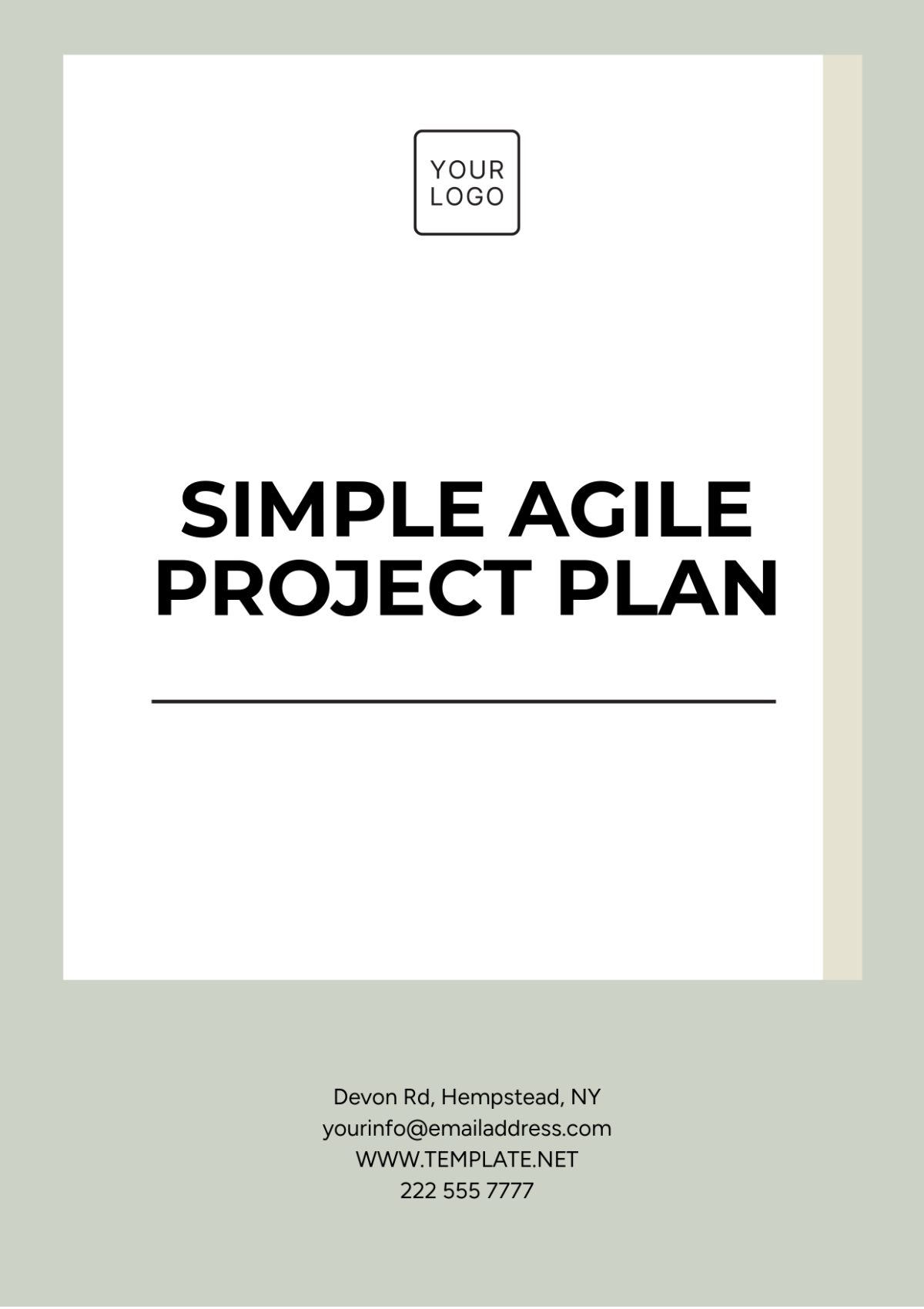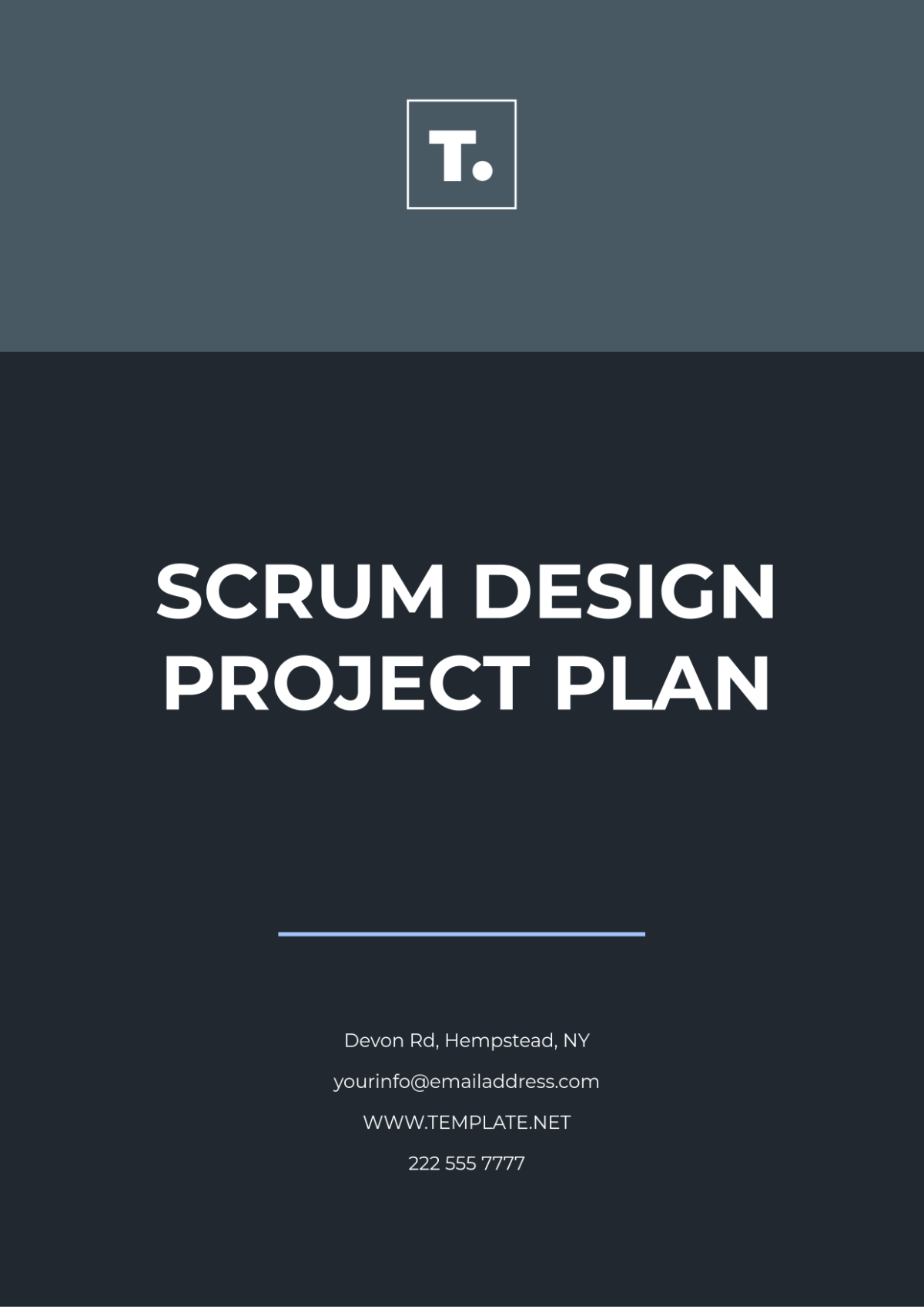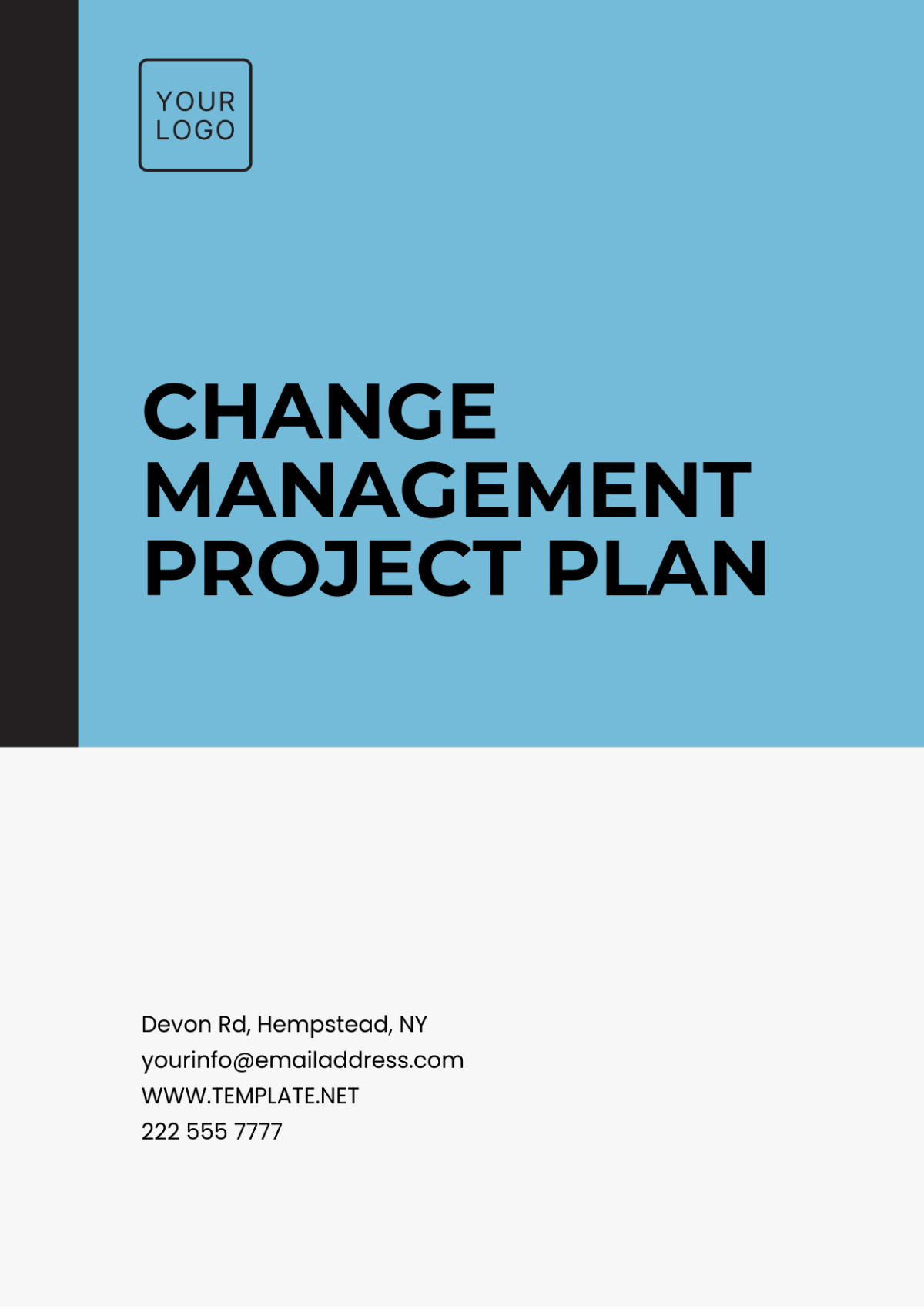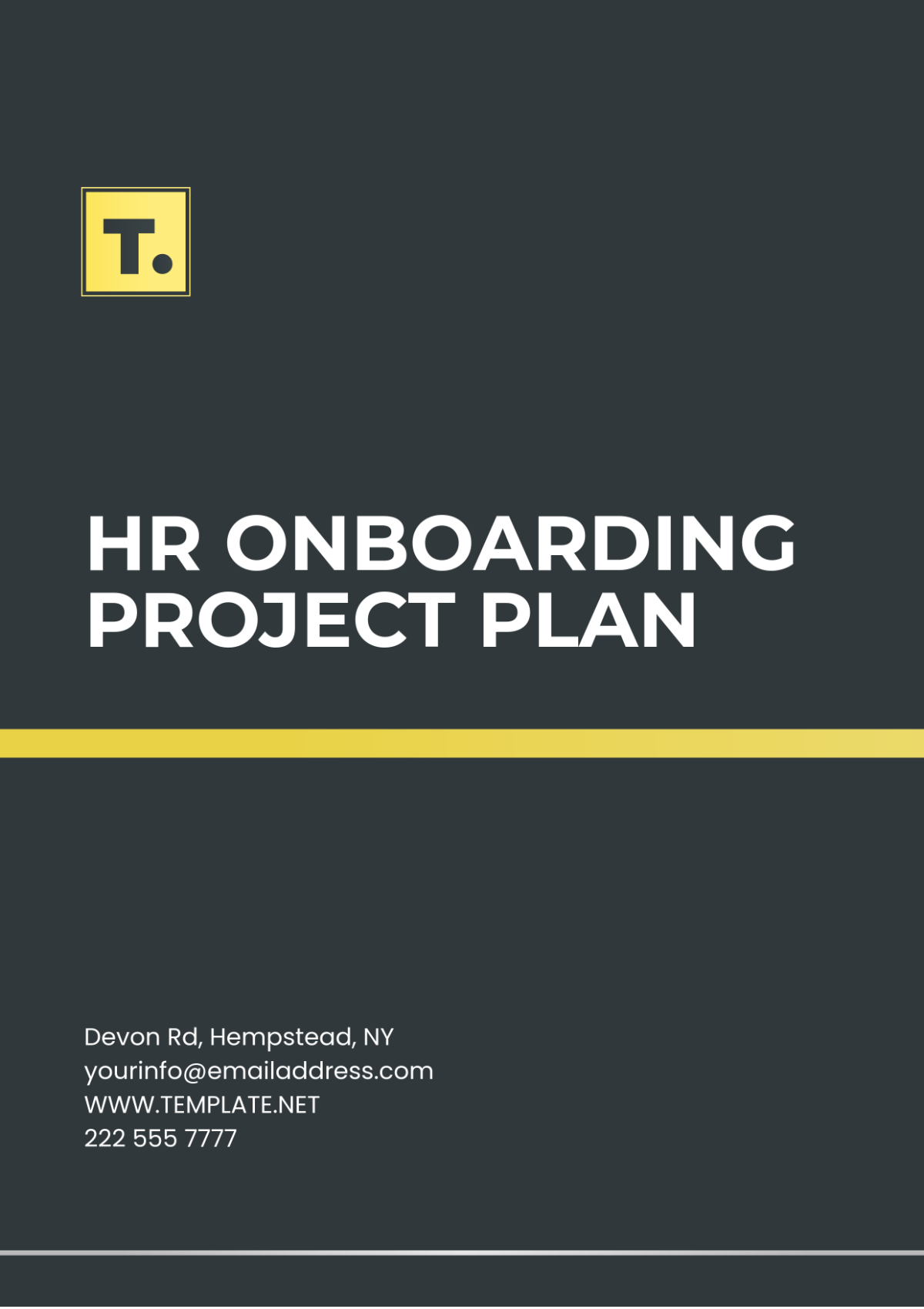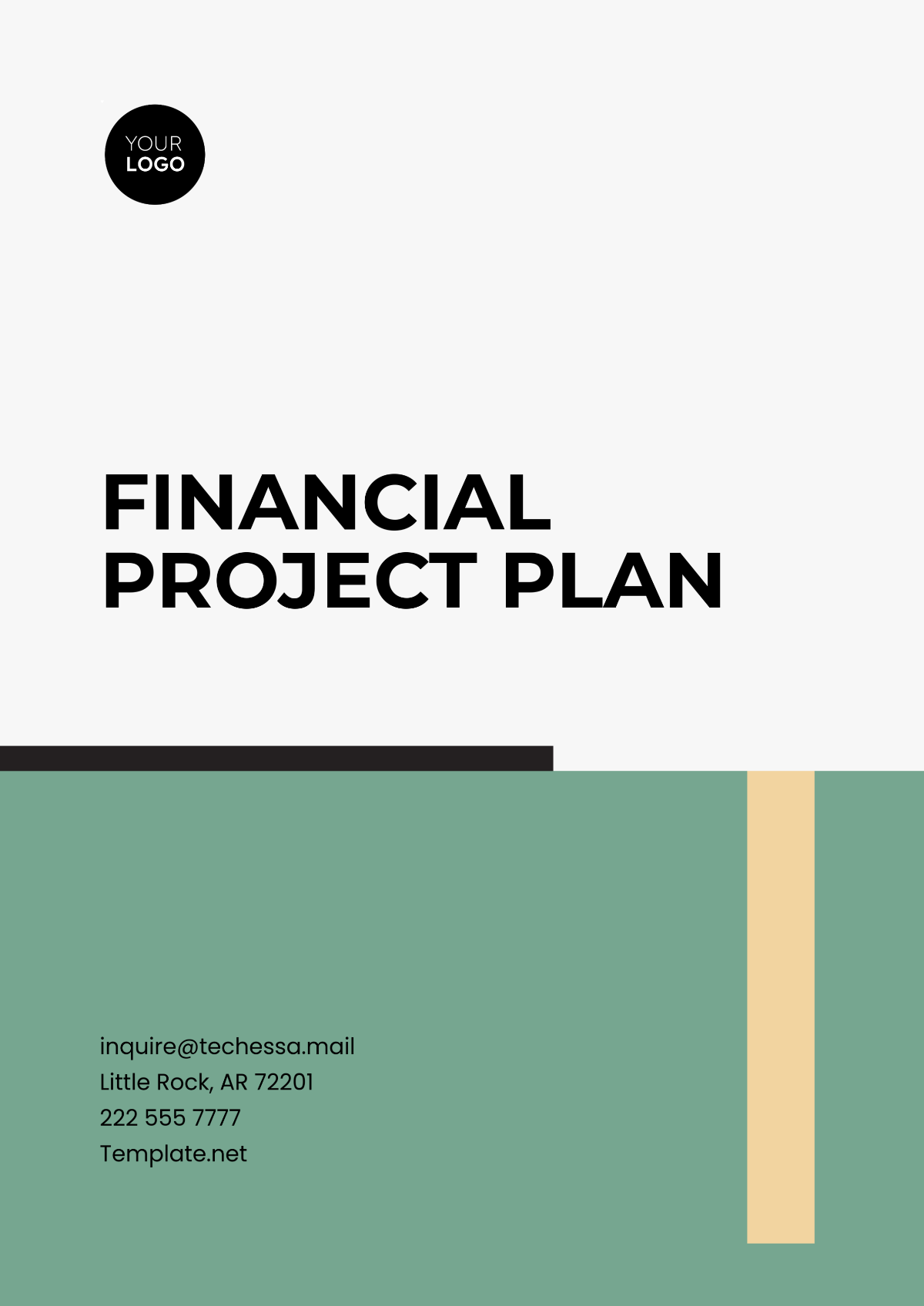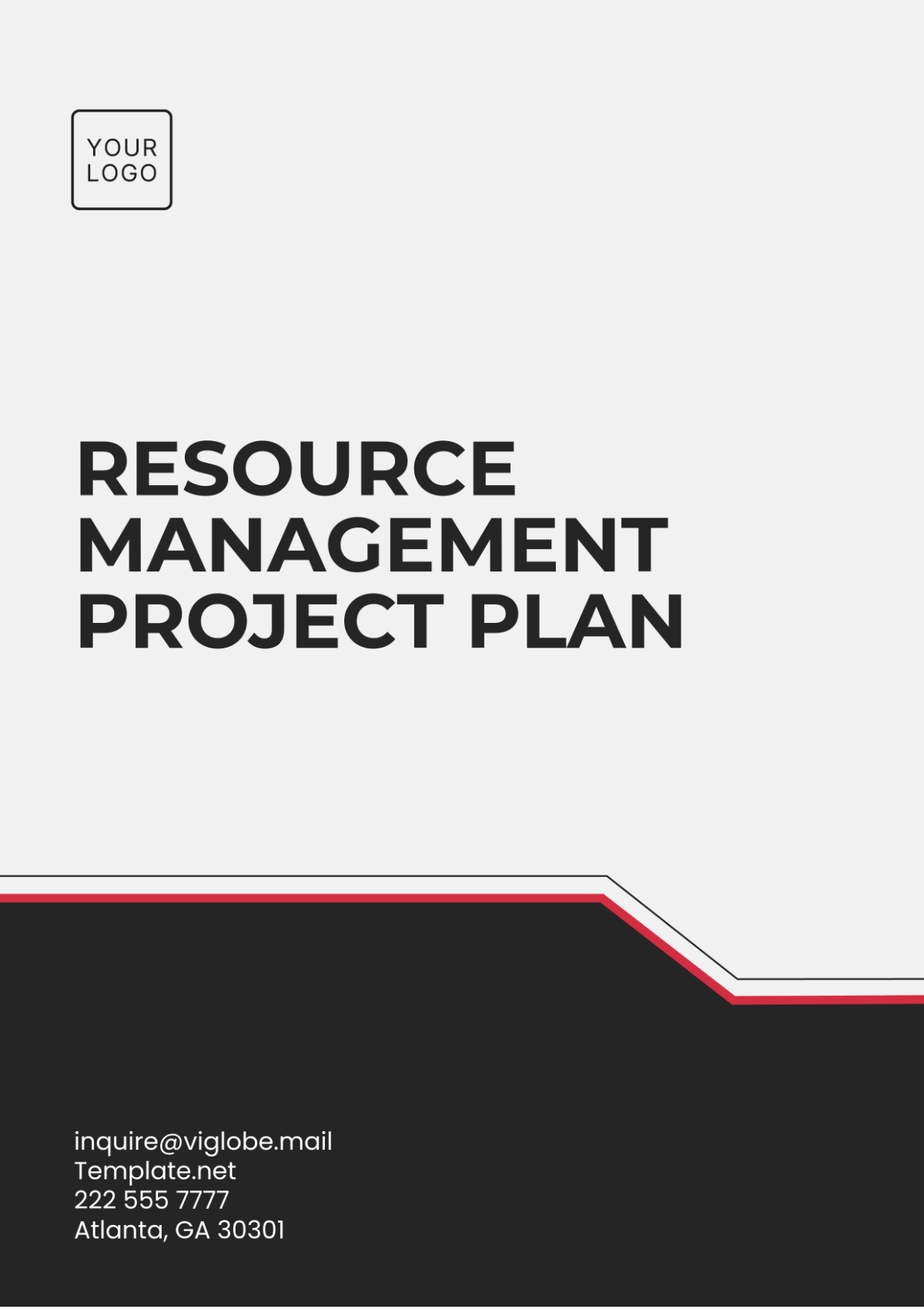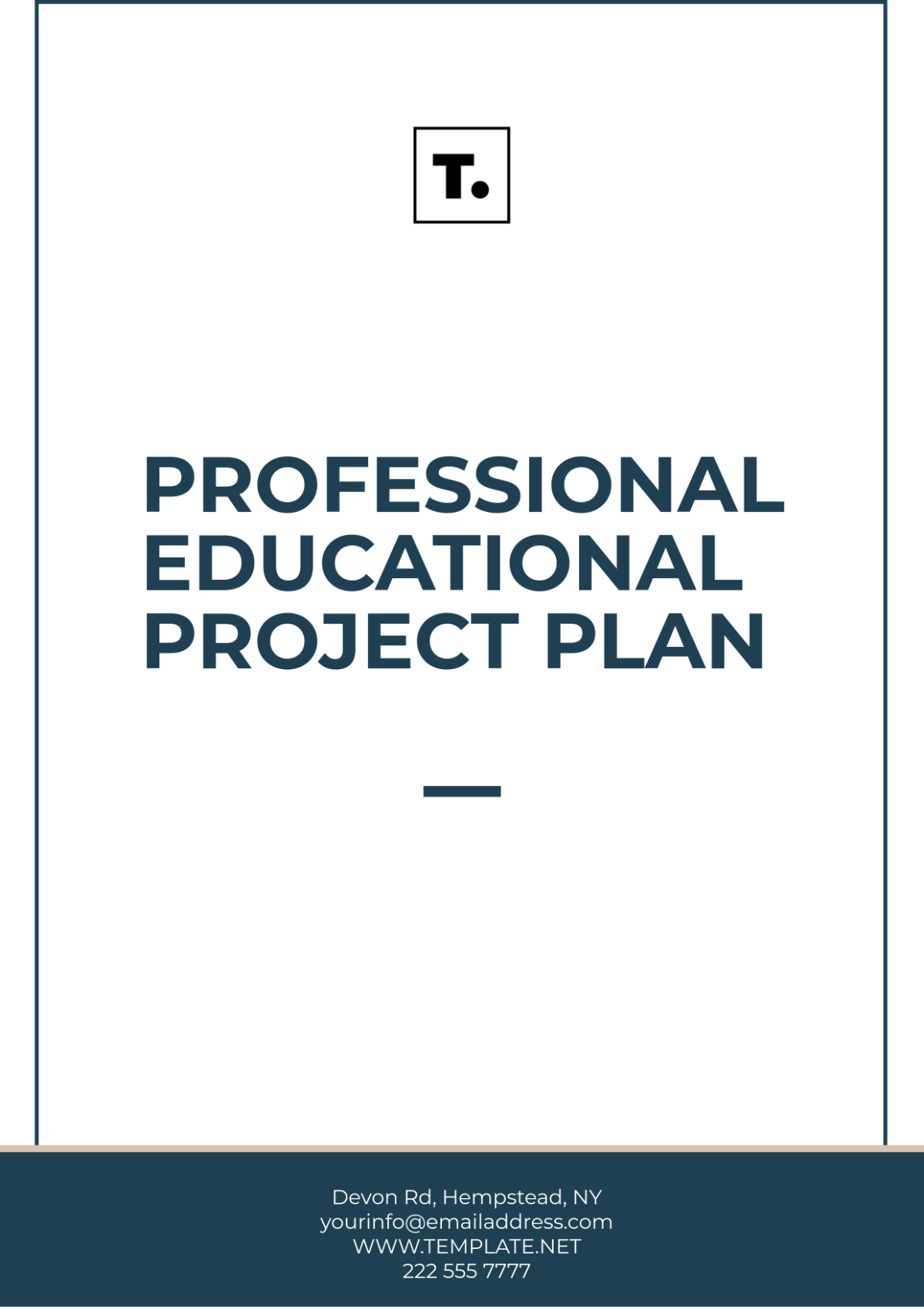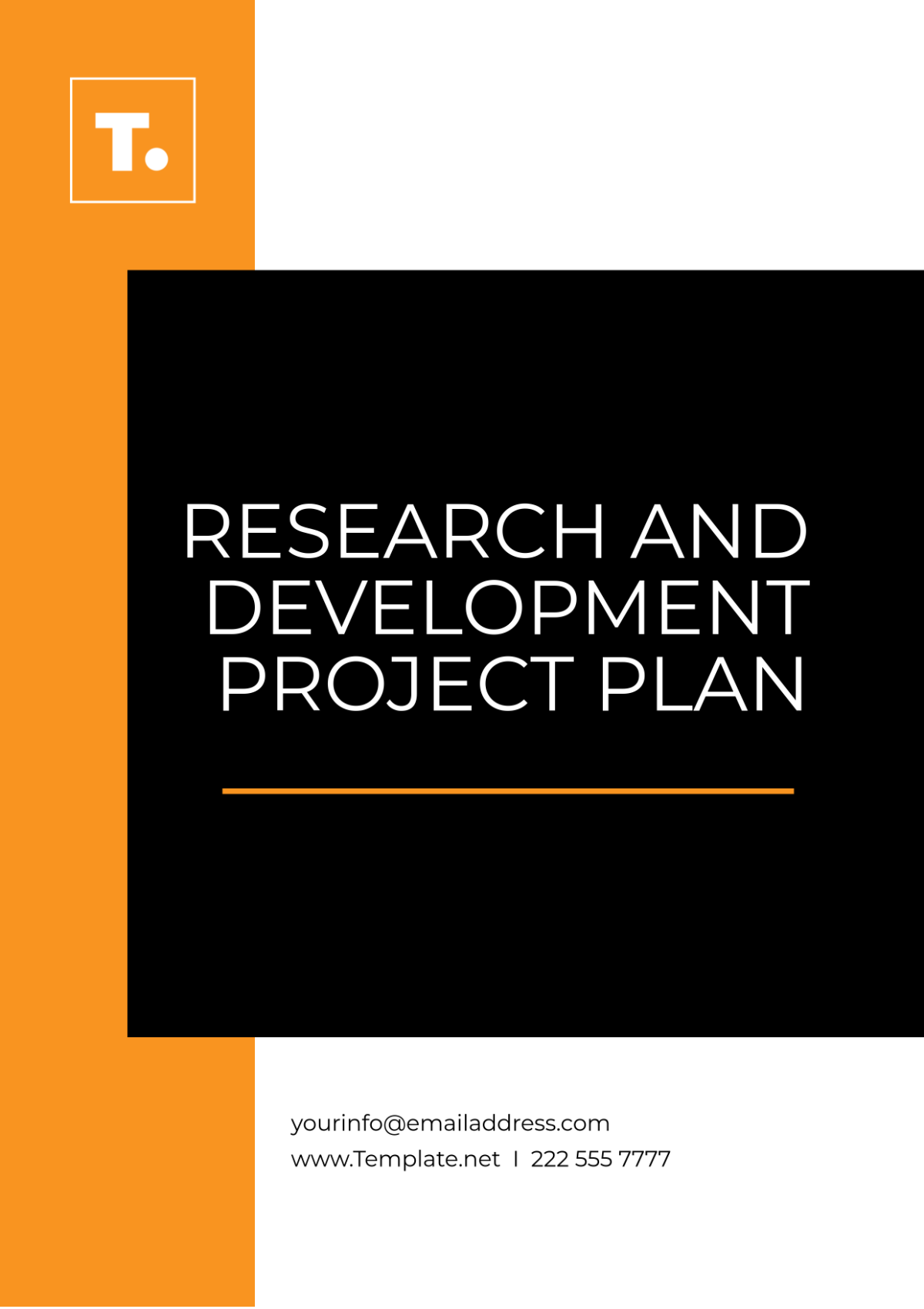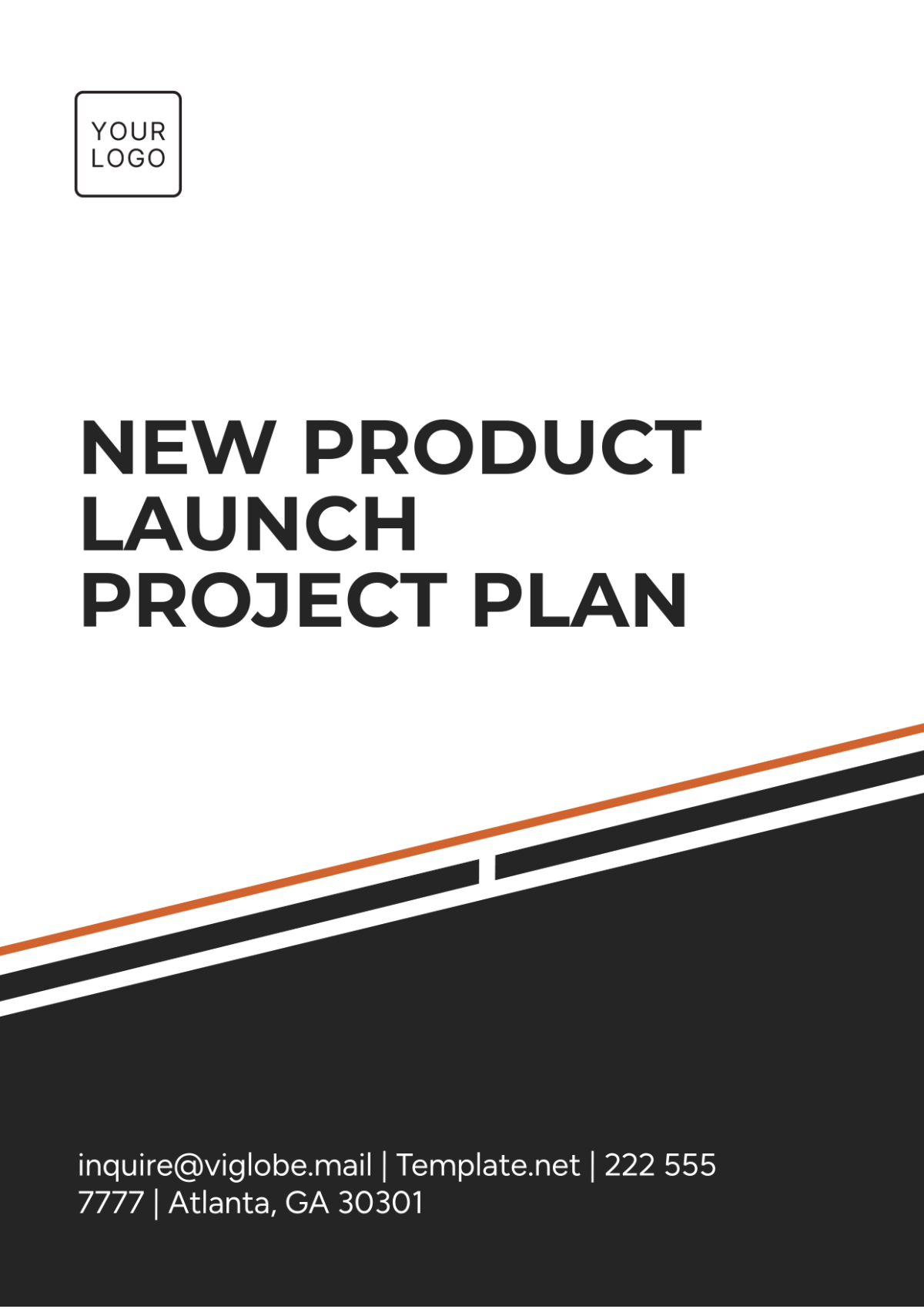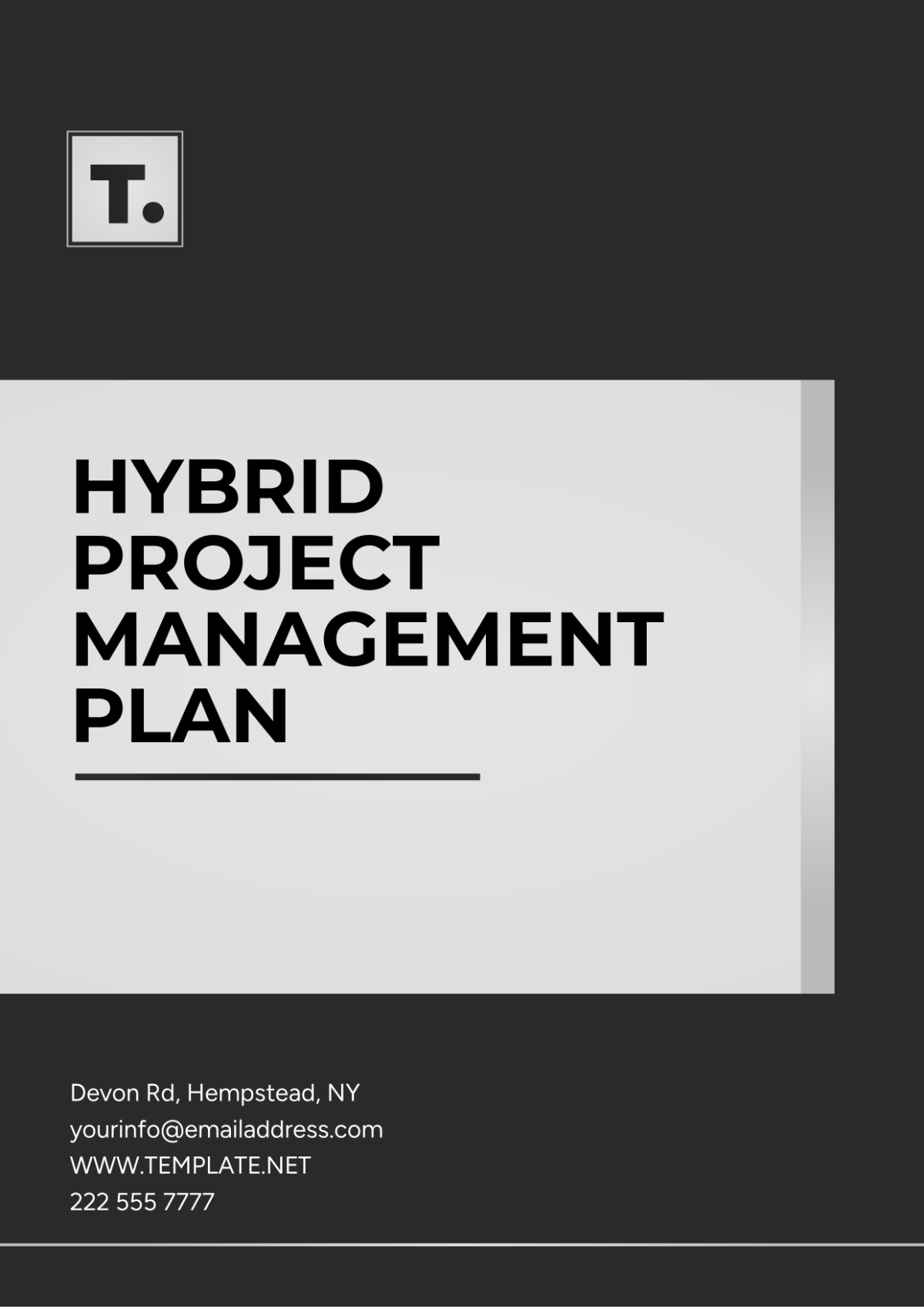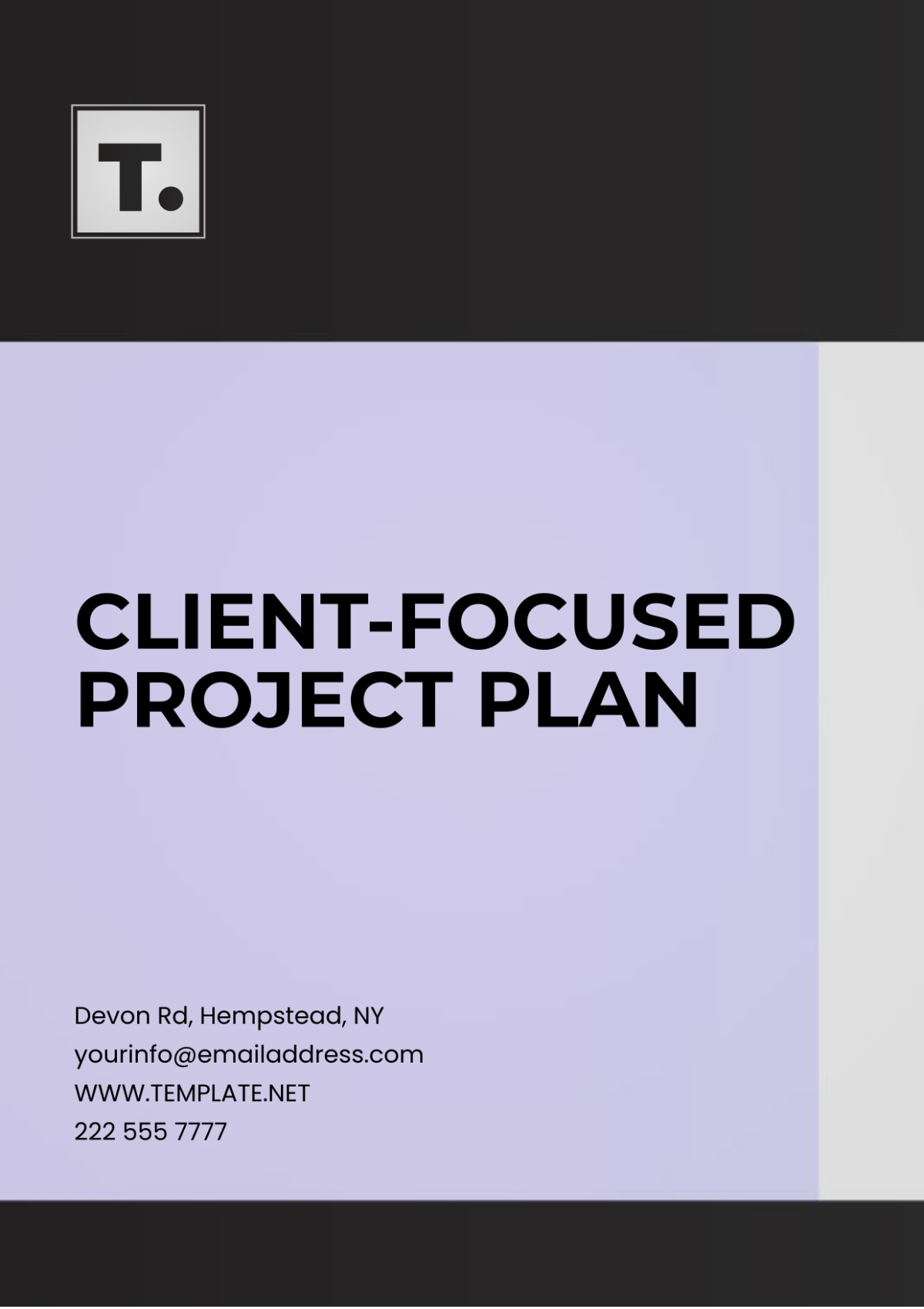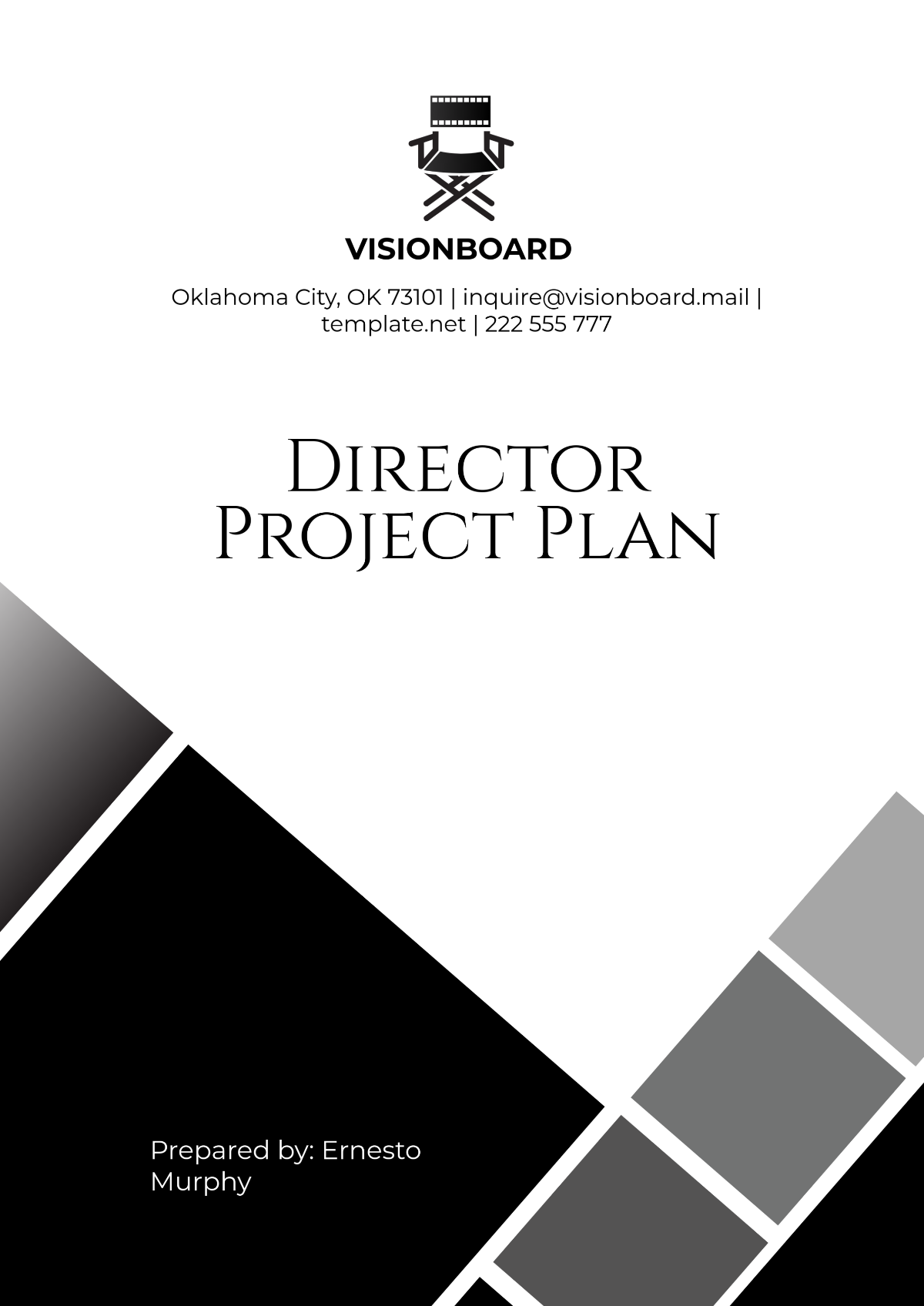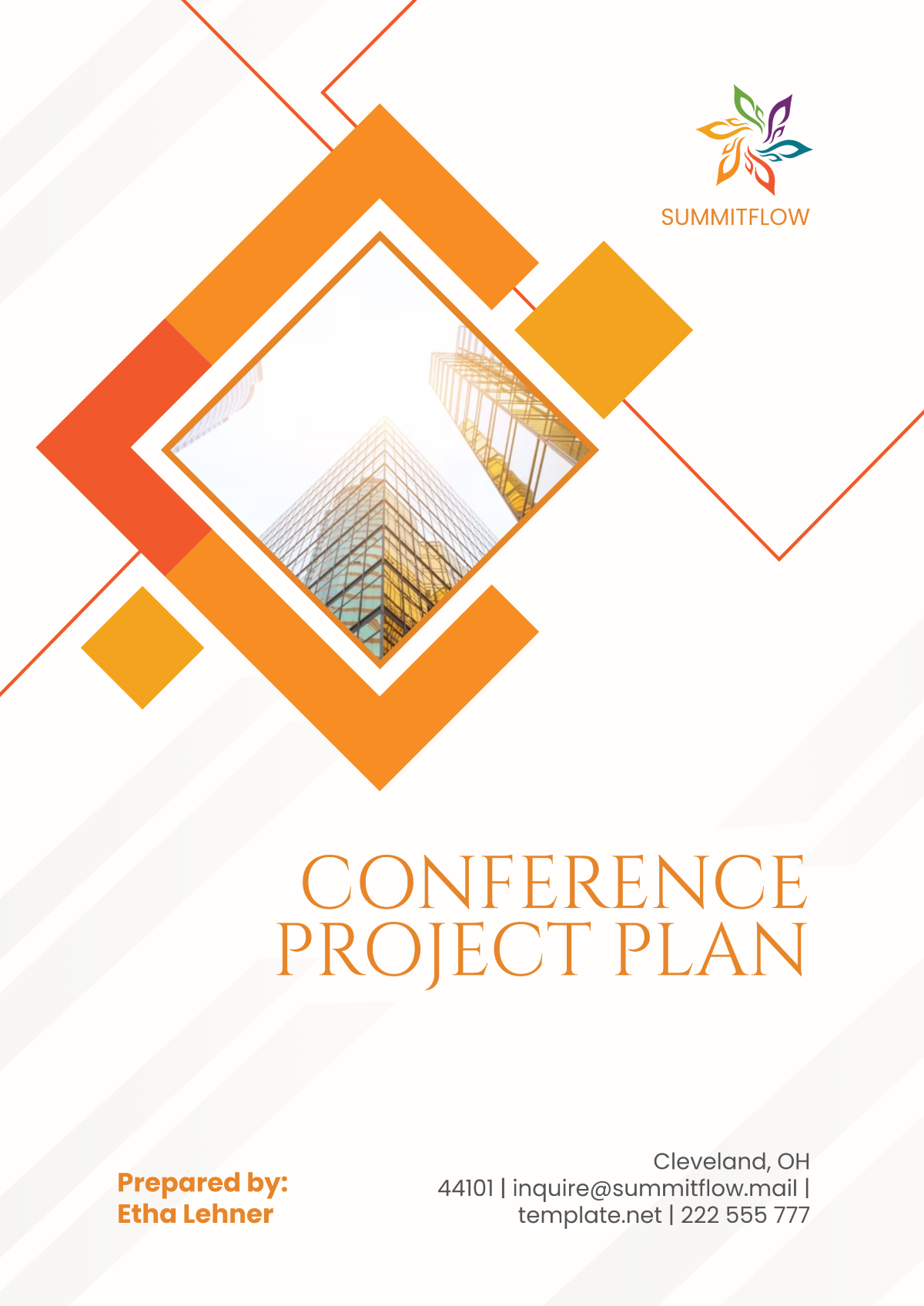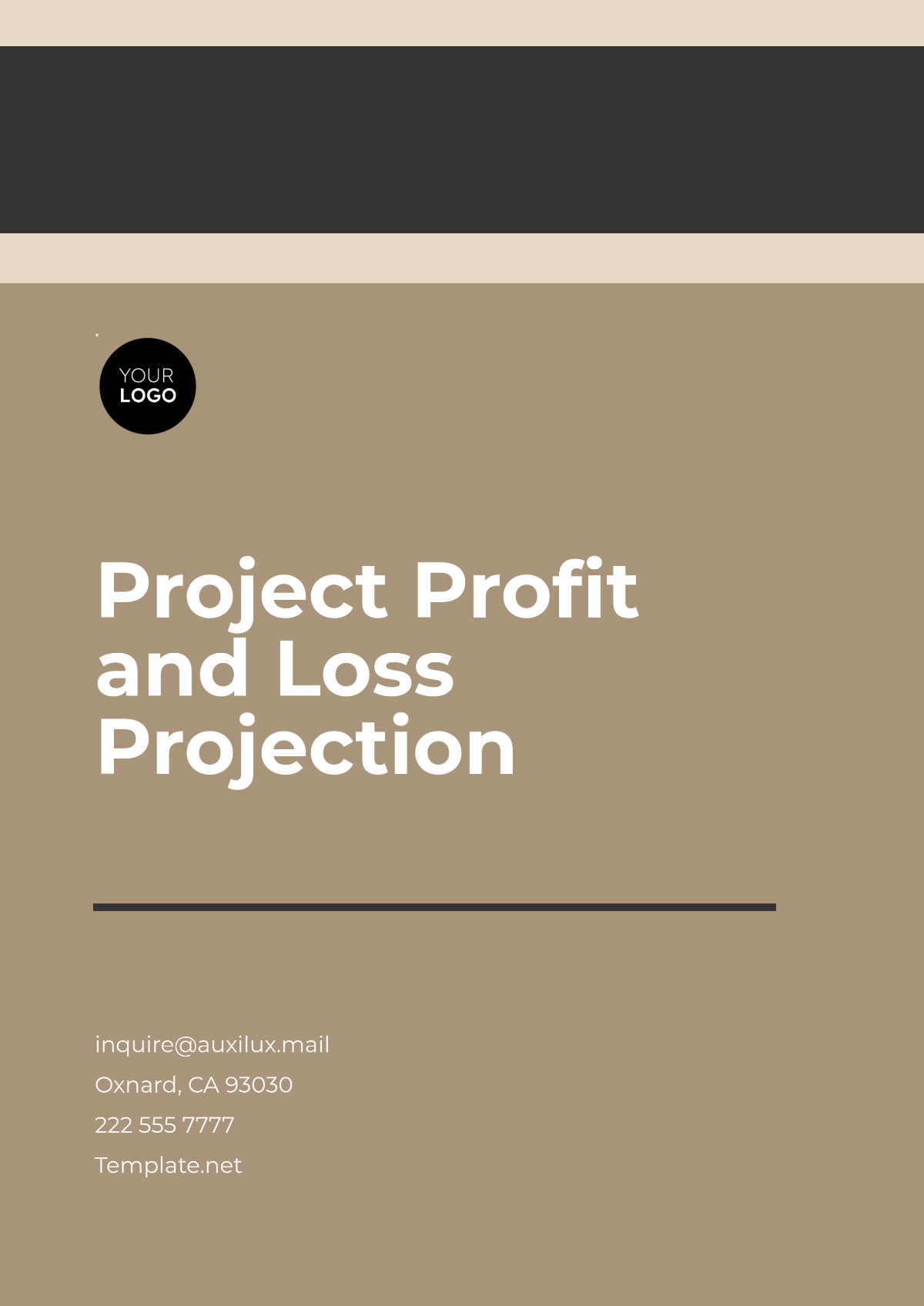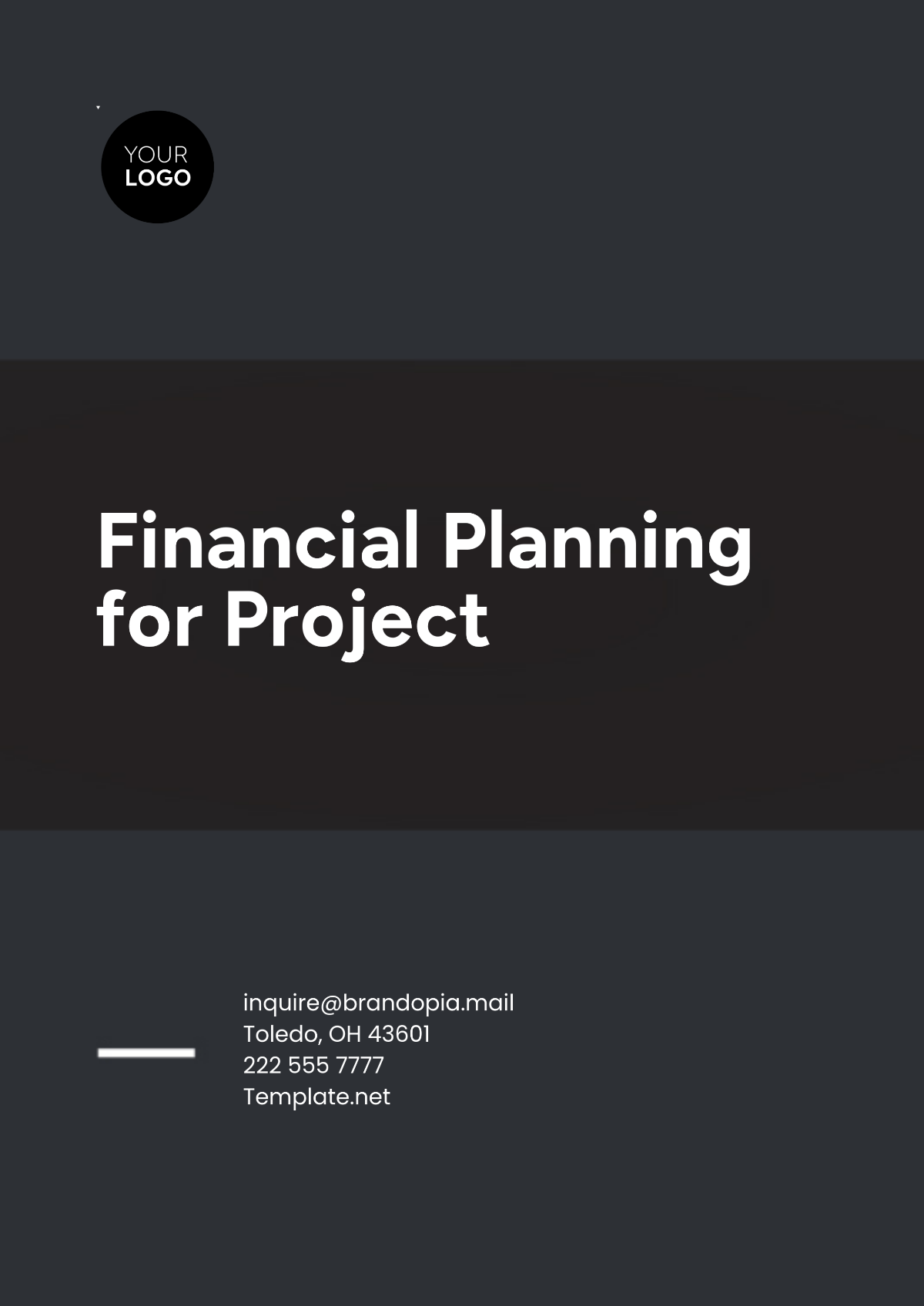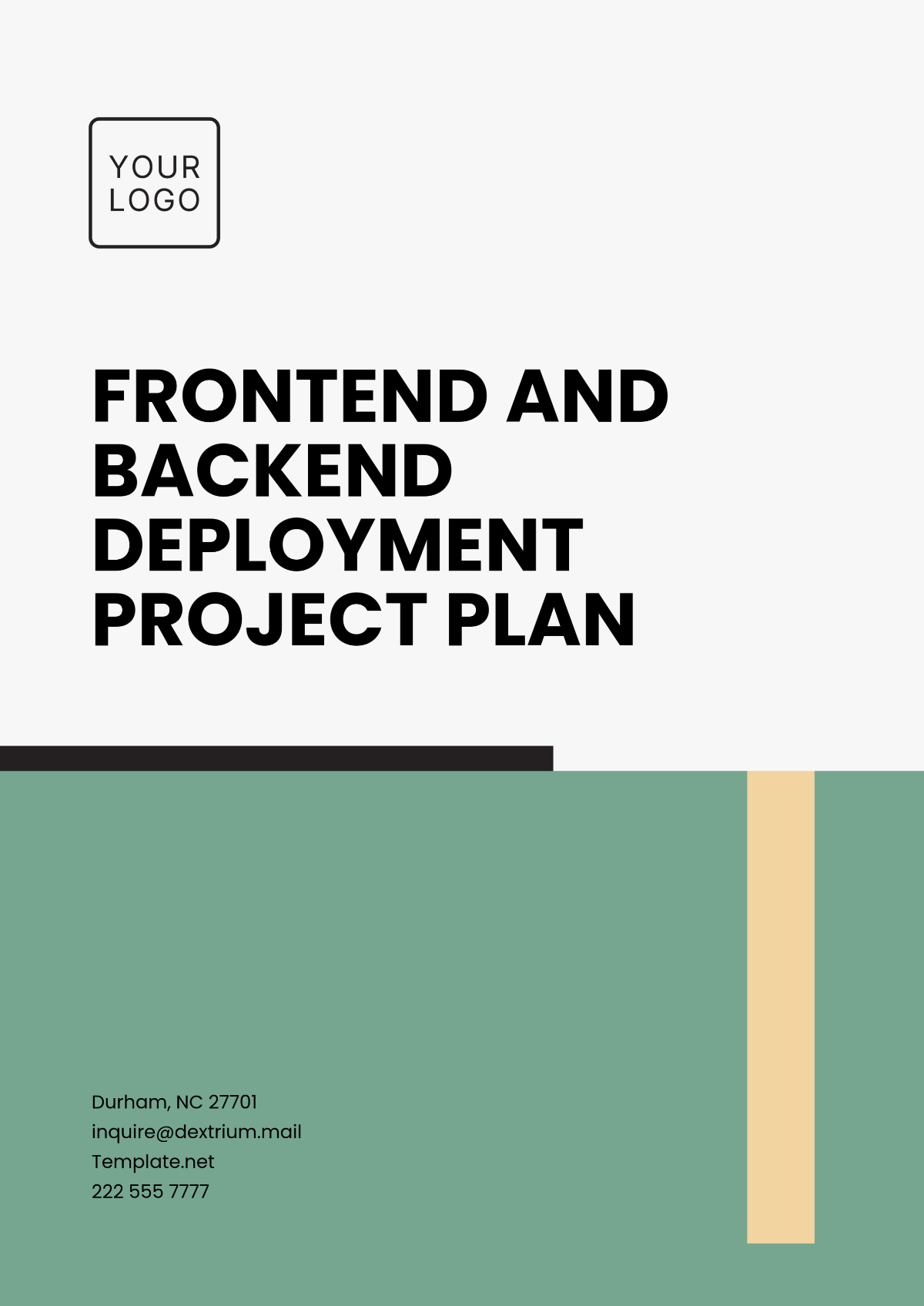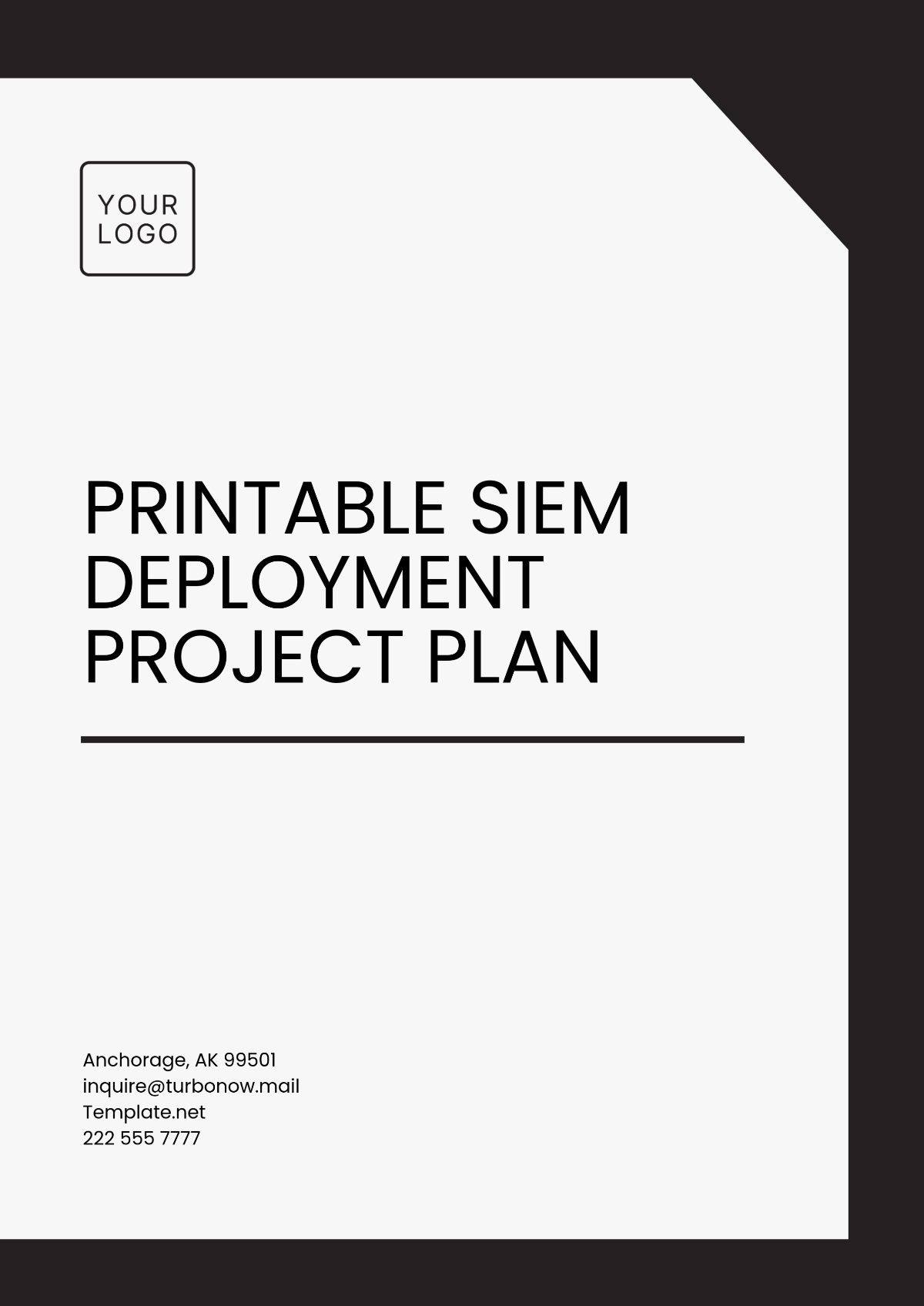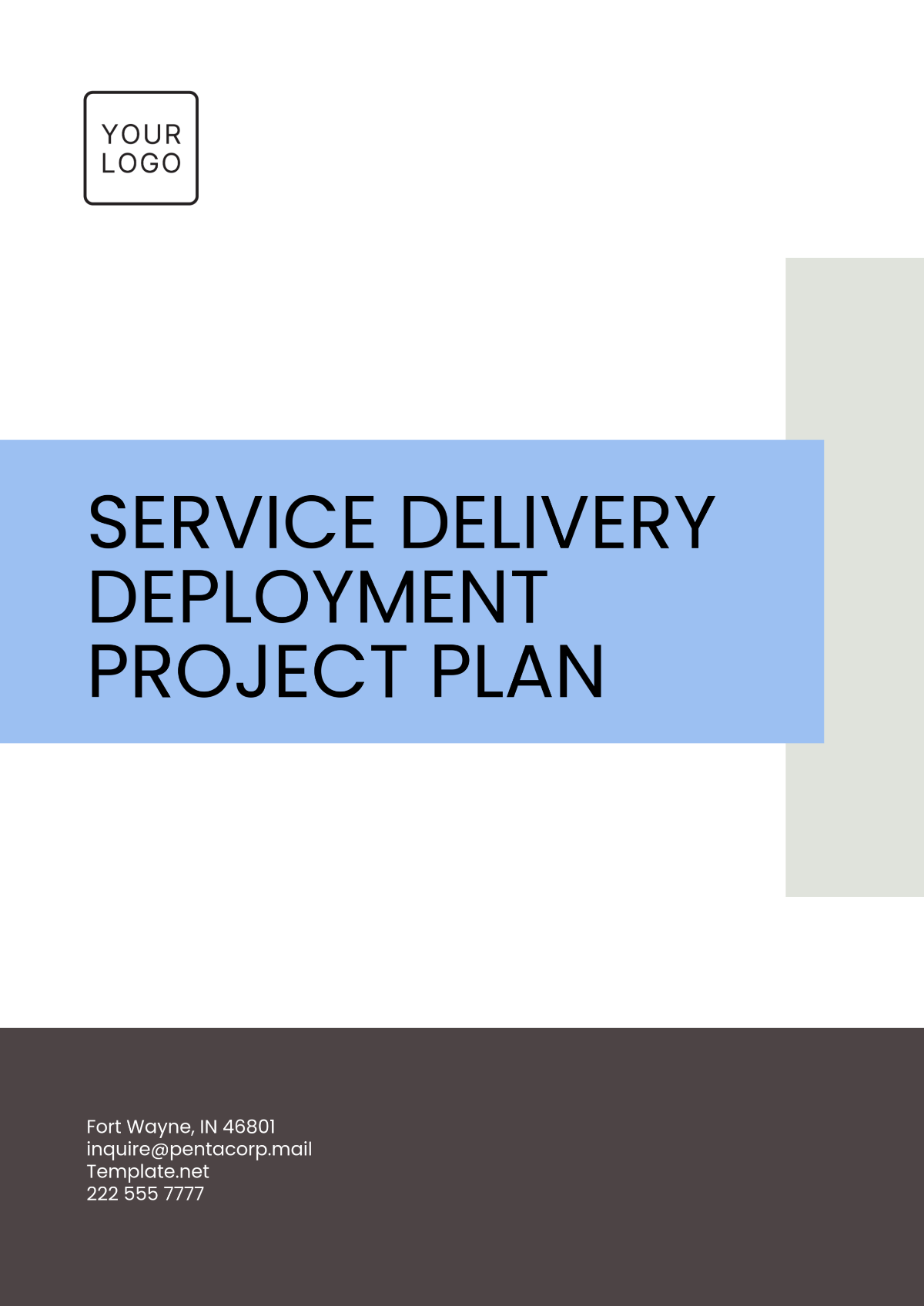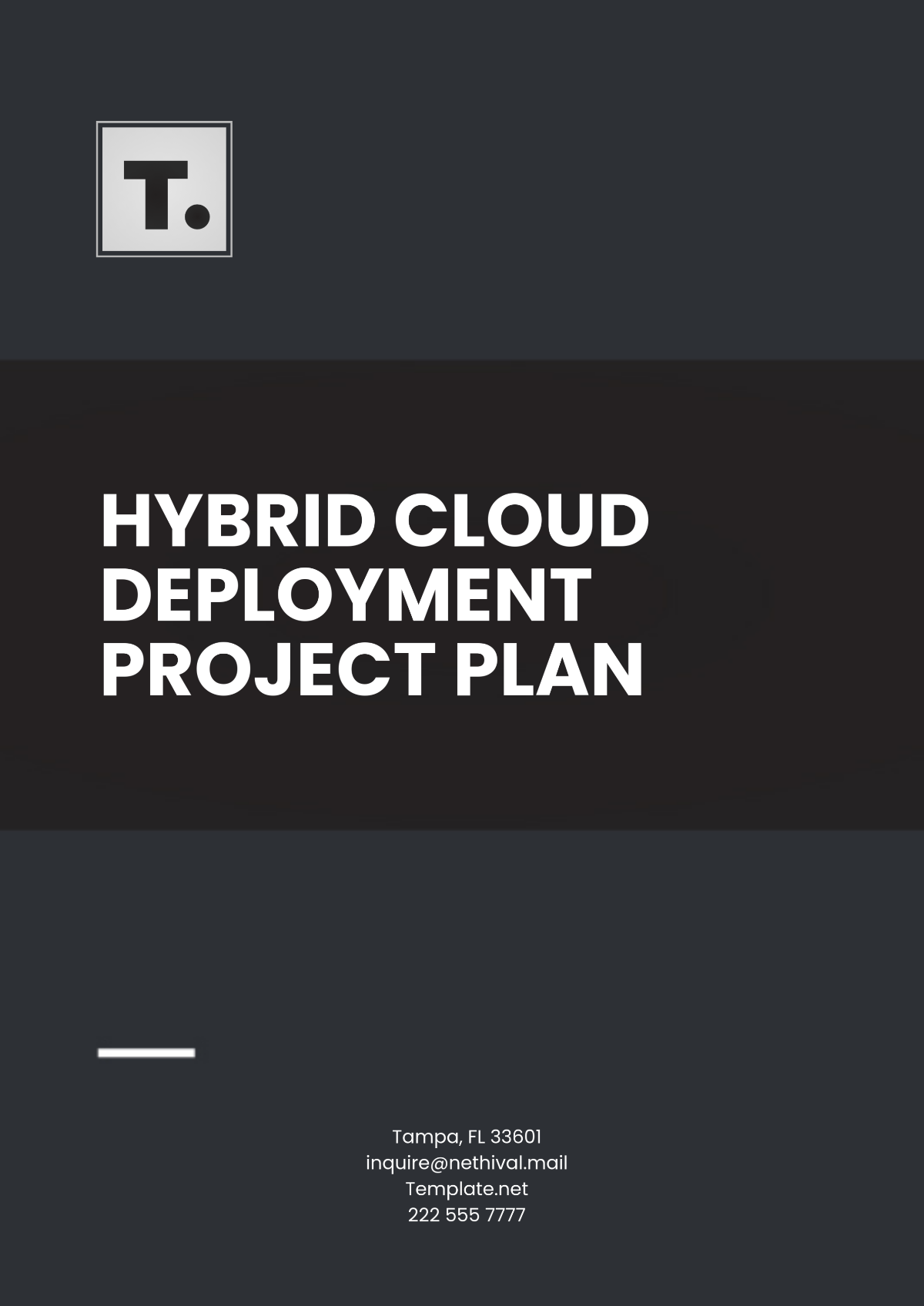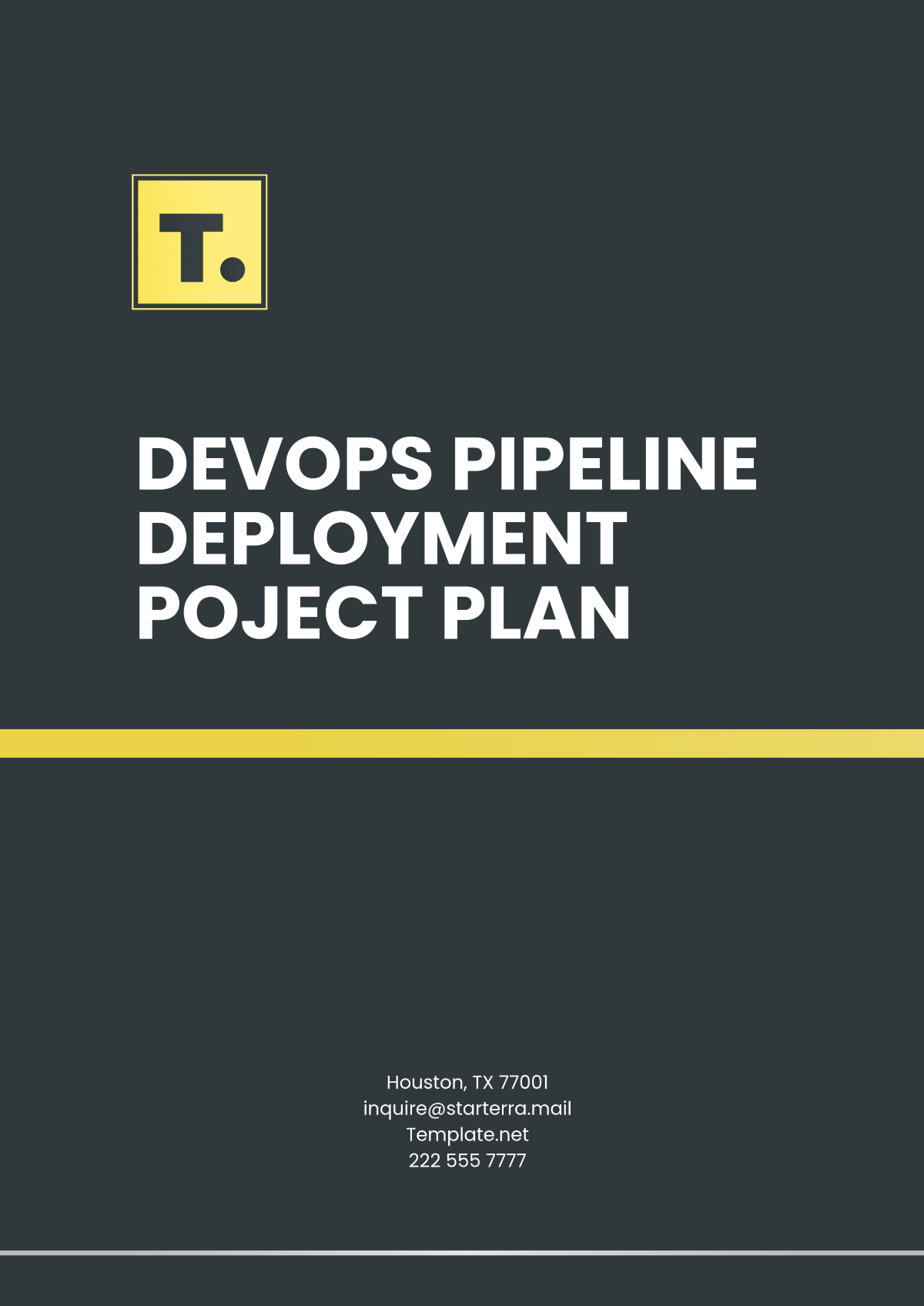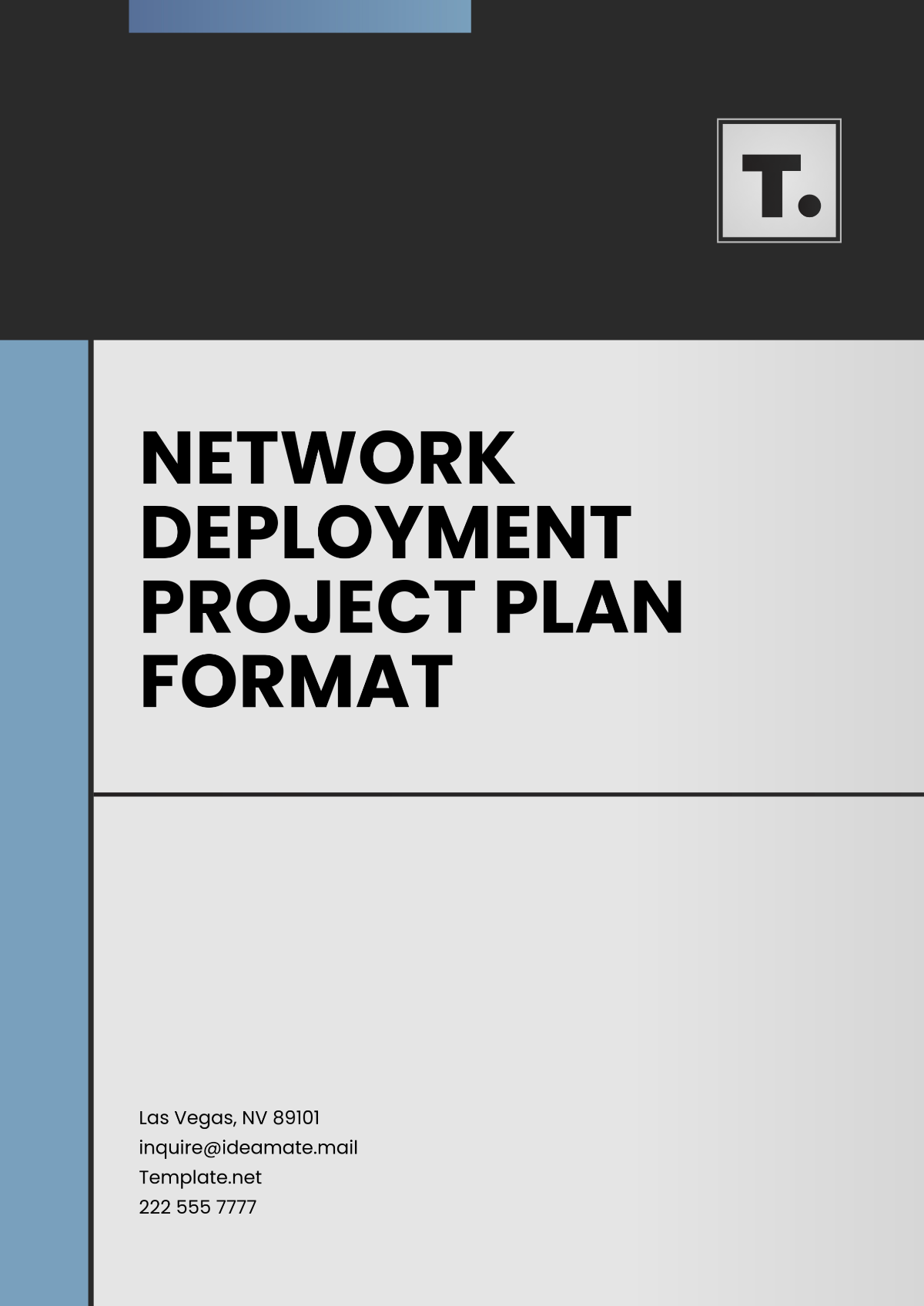Conflict Resolution Management Project Plan Format
1. Project Overview
Project Title: [Insert Project Title]
Project Manager: [Insert Project Manager Name]
Team Members: [List Key Team Members]
Date: [Insert Date]
Project Duration: [Insert Duration of Project]
2. Project Goals and Objectives
Primary Goal: To resolve conflicts within [Insert department, team, or organization].
Specific Objectives:
Improve communication and collaboration among team members.
Establish clear processes for conflict resolution.
Minimize the impact of conflicts on productivity.
Build a more positive organizational culture through conflict resolution strategies.
3. Conflict Assessment and Identification
Types of Conflicts:
[Insert examples: interpersonal, role-based, cultural, etc.]
Conflict Triggers:
[Insert examples: communication breakdown, resource allocation, personality clashes, etc.]
Identifying Affected Parties:
[Insert the team members or departments affected by the conflict.]
4. Resolution Strategies
Strategy 1: Mediation
Description: A neutral third-party mediator helps resolve disputes.
Tools/Techniques: Active listening, negotiation, and compromise.
Timeline: [Insert timeframe for mediation process]
Strategy 2: Collaboration
Description: Parties work together to find a mutually beneficial solution.
Tools/Techniques: Brainstorming, problem-solving meetings, team-building exercises.
Timeline: [Insert timeframe for collaboration sessions]
Strategy 3: Conflict Coaching
Description: Individual coaching for those involved in the conflict to build skills in managing disagreements.
Tools/Techniques: One-on-one coaching sessions, and conflict management workshops.
Timeline: [Insert timeframe for coaching]
5. Roles and Responsibilities
Project Manager: [Insert Name and Role]
Responsibilities: Oversee the project, ensure proper communication, allocate resources, and monitor progress.
Mediators/Coaches: [Insert Names and Roles]
Responsibilities: Facilitate conflict resolution processes, guide parties to solutions, and document outcomes.
Team Members/Stakeholders: [Insert Names and Roles]
Responsibilities: Participate in meetings, apply conflict resolution strategies, and provide feedback.
6. Timeline and Milestones
Milestone | Description | Date | Responsible |
|---|---|---|---|
Initial Assessment | Conflict identification and analysis | [Insert Date] | [Project Manager/Conflict Assessment Team] |
Mediation Sessions | Start and end of the mediation process | [Insert Date Range] | [Mediators] |
Follow-up Meetings | Review the effectiveness of conflict resolution strategies | [Insert Date] | [Project Manager, All Stakeholders] |
7. Communication Plan
Stakeholder Updates: Regular meetings or reports on progress.
Internal Communication Tools: [Email, Slack, etc.]
Feedback Channels: [Surveys, feedback sessions, etc.]
8. Risk Management
Potential Risks:
Resistance to conflict resolution processes.
Unwillingness to compromise from affected parties.
Lack of commitment from key stakeholders.
Mitigation Strategies:
Engaging stakeholders early and securing buy-in.
Clear communication of expectations and benefits of conflict resolution.
Establishing a safe environment for open dialogue.
9. Budget and Resources
Budget Allocation:
[Insert budget for conflict resolution processes, mediation sessions, coaching sessions, etc.]
Required Resources:
[Insert resources needed: venues for meetings, access to mediation professionals, training materials, etc.]
10. Evaluation and Monitoring
Metrics for Success:
Reduction in conflicts over time.
Increased team collaboration and morale.
Feedback from participants on the effectiveness of the resolution strategies.
Review Process:
Ongoing check-ins and assessment of the impact on team dynamics and productivity.
11. Conclusion
Summarize the plan's key objectives and expected outcomes.
Reiterate the importance of successful conflict resolution for team performance and organizational health.
